Popular posts from this blog
CPC Pay Matrix for IIT, IIS, IIM, NITIE, IISER, NIT and IIIT7th CPC Pay Revision for Faculty and Scientific and Design Staff in Cen 7th trally Funded Technical Institutions (CRTI
CPC Pay Matrix for IIT, IIS, IIM, NITIE, IISER, NIT and IIIT 7th CPC Pay Revision for Faculty and Scientific and Design Staff in Cen 7th trally Funded Technical Institutions (CRTI) 7th CPC Pay Matrix for Indian of Technology (IITs), Indian Institute of Science (IISc.), Bangalore, Indian Institutes of Management (IIMs), National Institute of Industrial Engineering (NITIE), Mumbai and Indian Institute of Science Education & Research (IISERs), National Institutes of Technology (NITs) and Indian Institutes of Information Technology (IIITs) Pay Matrix for IIT, IISe/IIM/NITIE/IISER/NIT/IIIT – in 4-tier structure* GP-IIT 6000 7000 8000 9000** Pay Level 10 11 12 13A1 1 57700 68900 101500 131400 2 59400 71000 104500 135300 3 61200 73100 107600 139400 4 63000 75300 110800 143600 5 64900 77600 114100 147900 6 66800 79900 117500 152300 7 68800 82300 121000 156900 8 70900 84800 124600 161600 9 73000 87300 128300 166400 10 75200 89900 132100 171400 11 77500 92600 136100 1...
Punjab Haryana High Court final order CWP No2490 of2024
The Punjab and Haryana High Court addressed the issue of pension commutation restoration in the case of Ram Saroop Jindal v. State of Punjab and Others, registered as Civil Writ Petition (CWP) No. 2490 of 2024. The judgment was delivered on February 9, 2024. In this case, the court directed the State of Punjab to cease deductions related to the commuted portion of the pension after a period of 12 years from the date of commutation. This decision was based on the interpretation of relevant pension regulations and aimed to prevent undue financial burden on pensioners beyond the specified period. Subsequent cases have referenced this judgment, reinforcing its applicability. For instance, in Om Prakash Aneja v. State of Punjab and Others (CWP No. 8222 of 2024, decided on April 15, 2024), the court applied the same principle. Similarly, in Shila Devi v. State of Punjab and Others (CWP No. 9426 of 2023, decided on May 3, 2023), and Dr. Kumud Ghai v. State of Punjab and Others (CWP No. 13770 ...
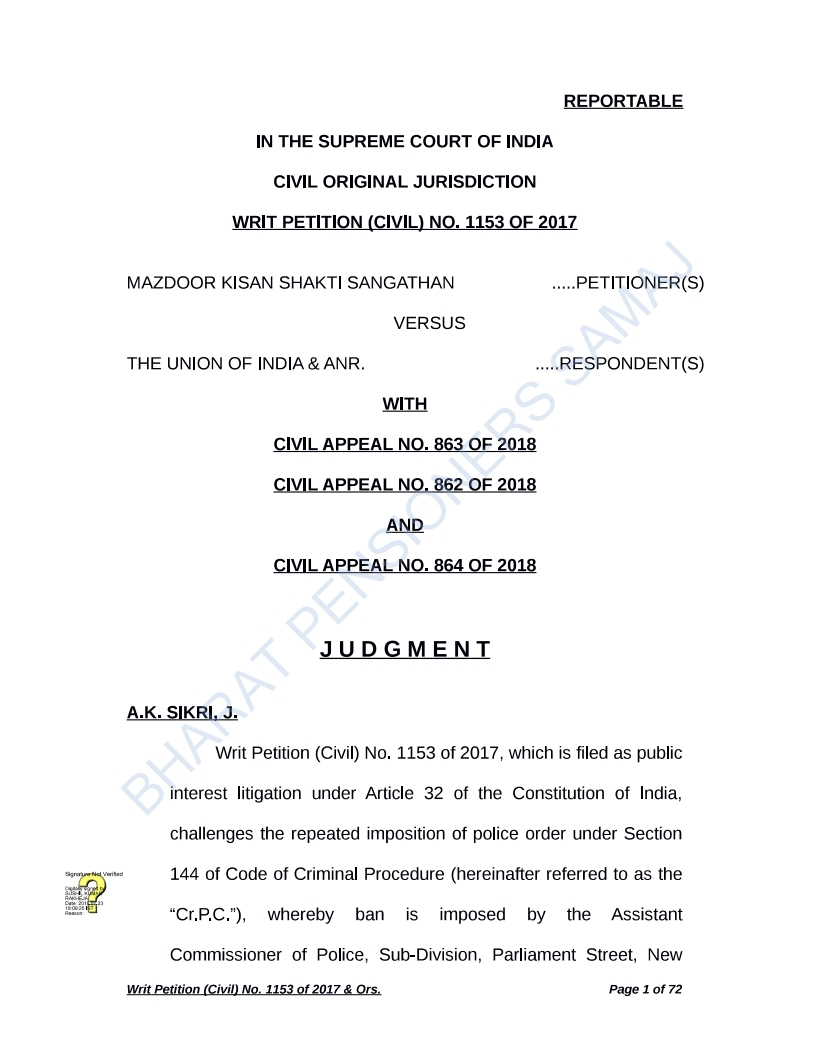
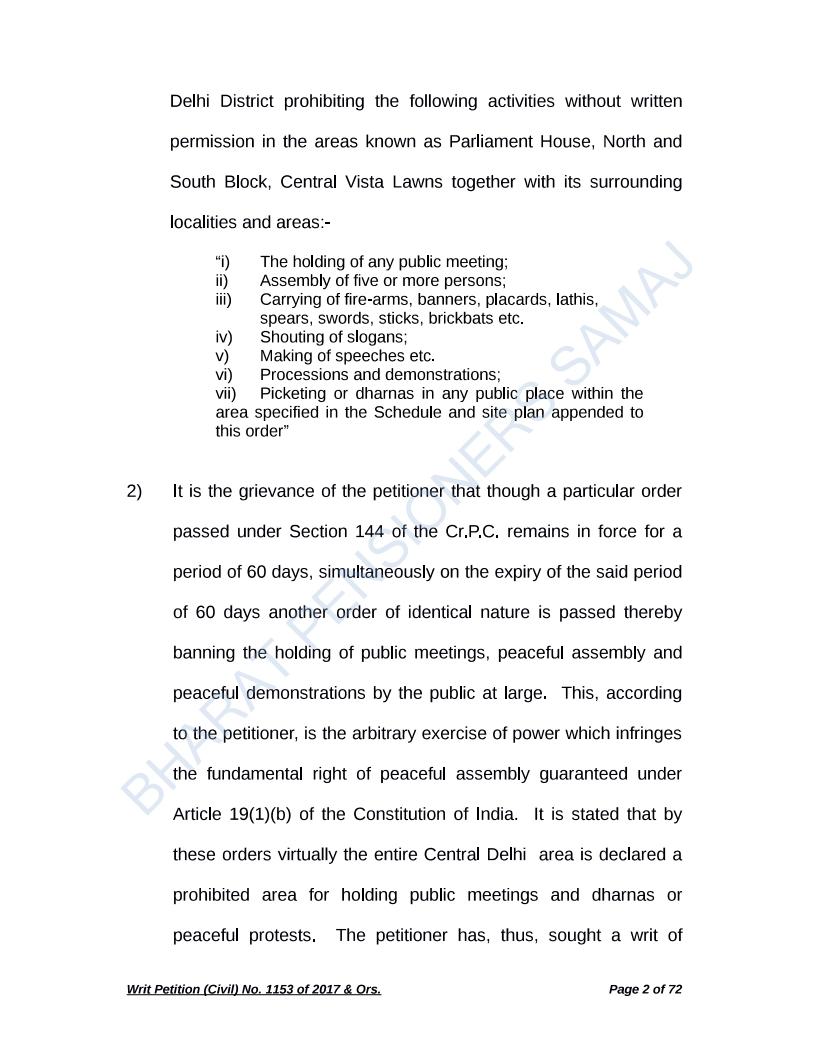
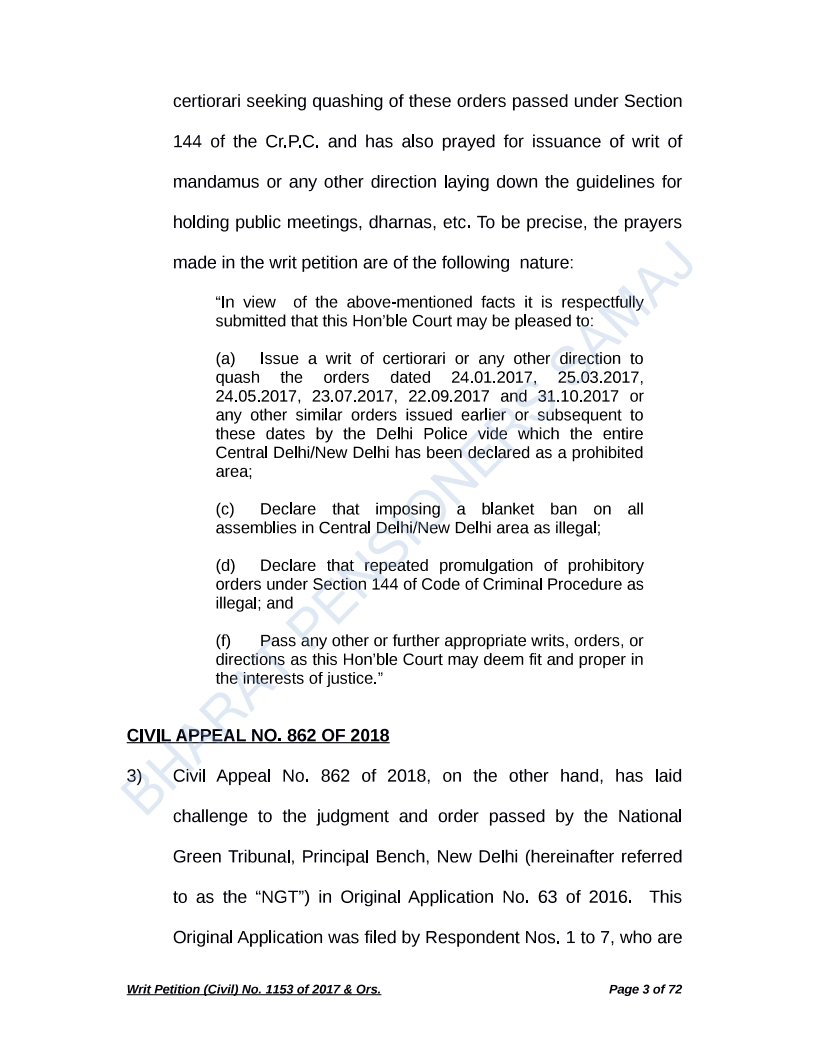
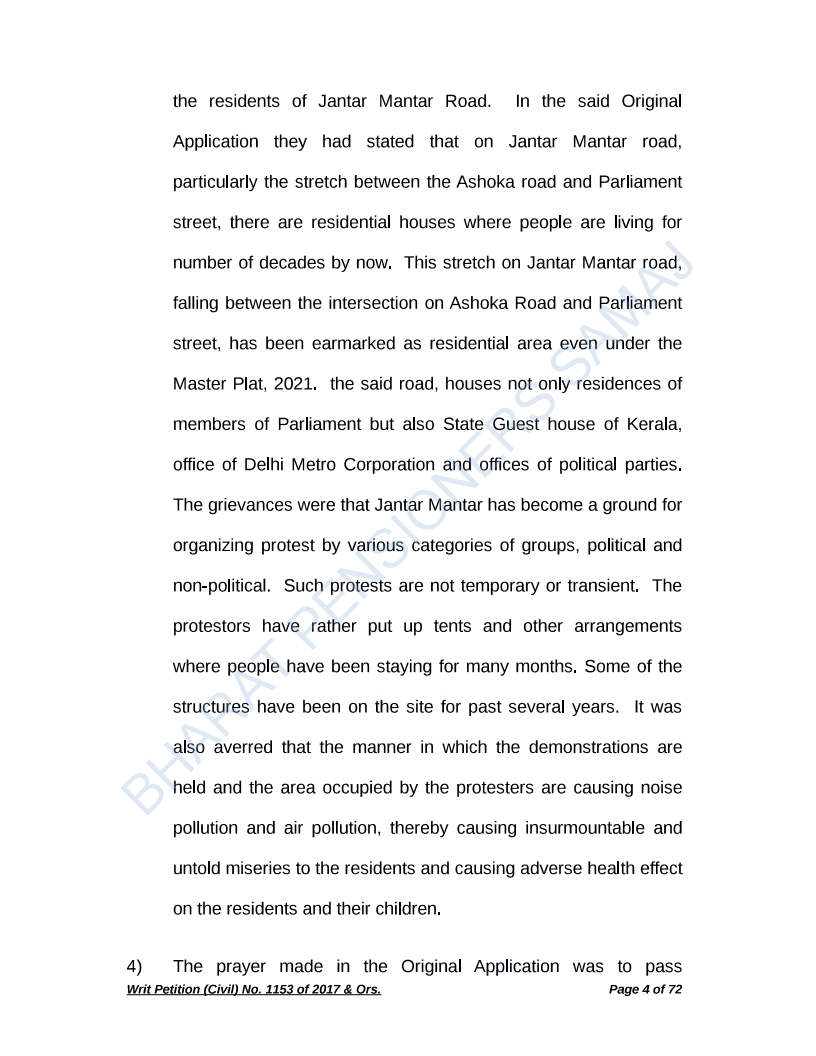
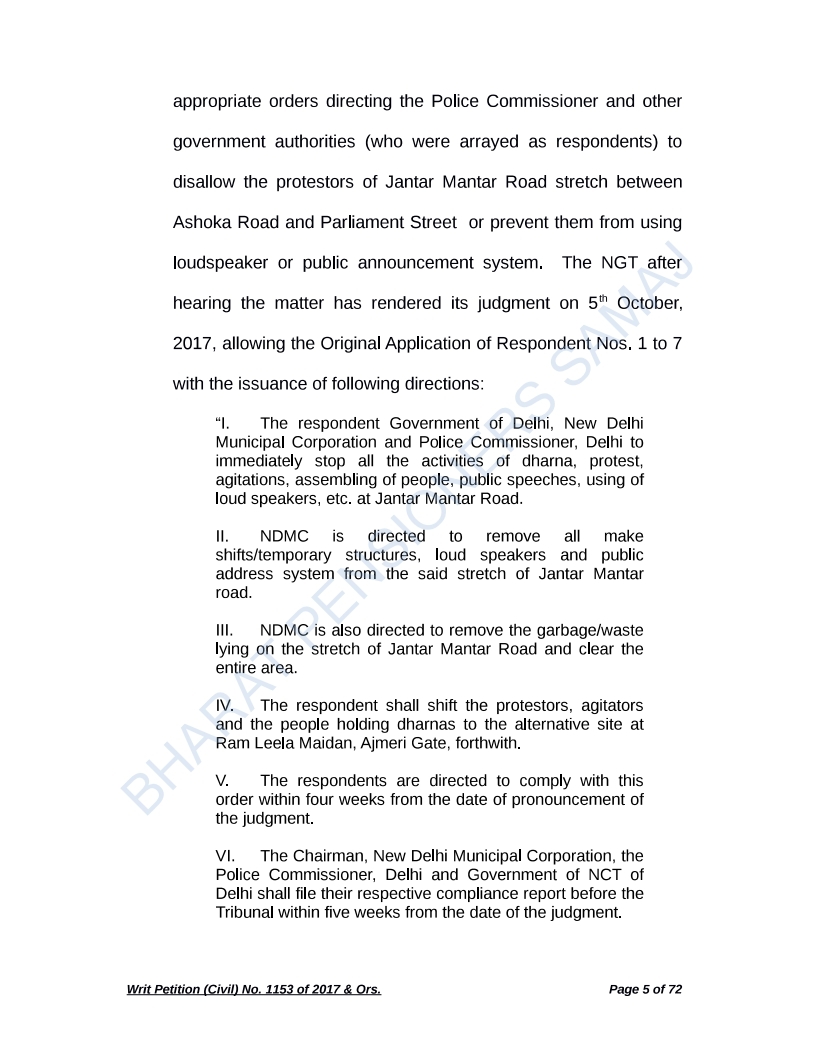
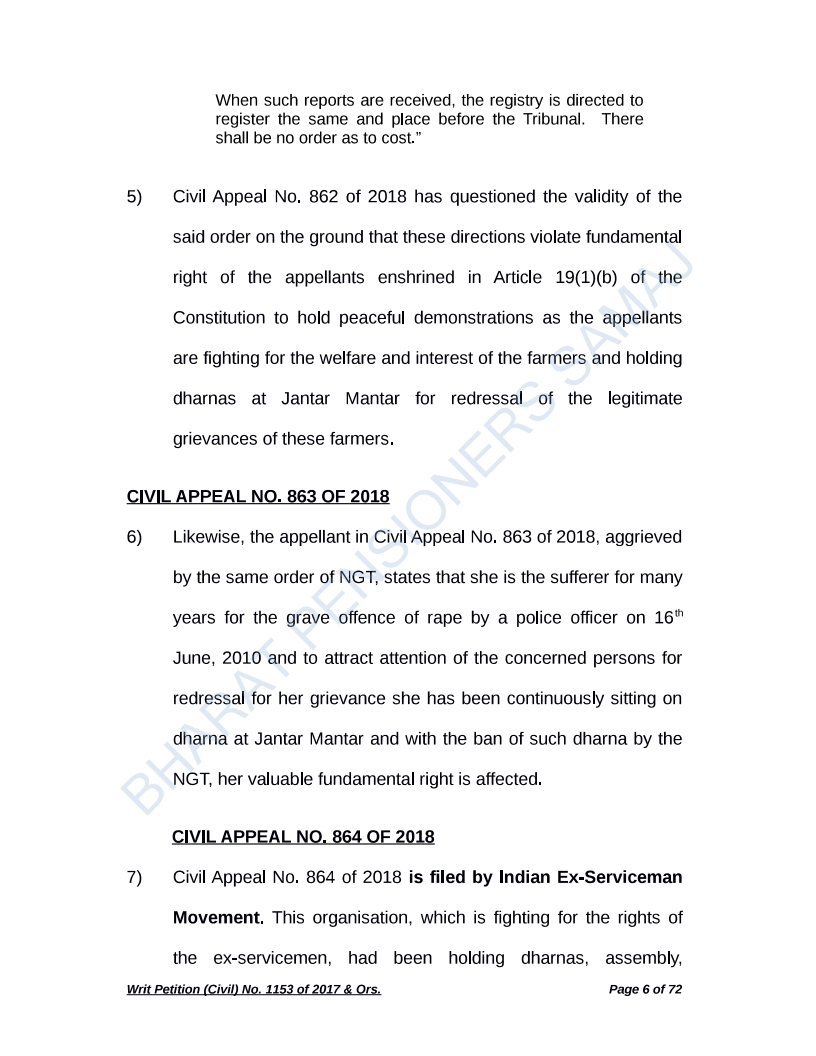
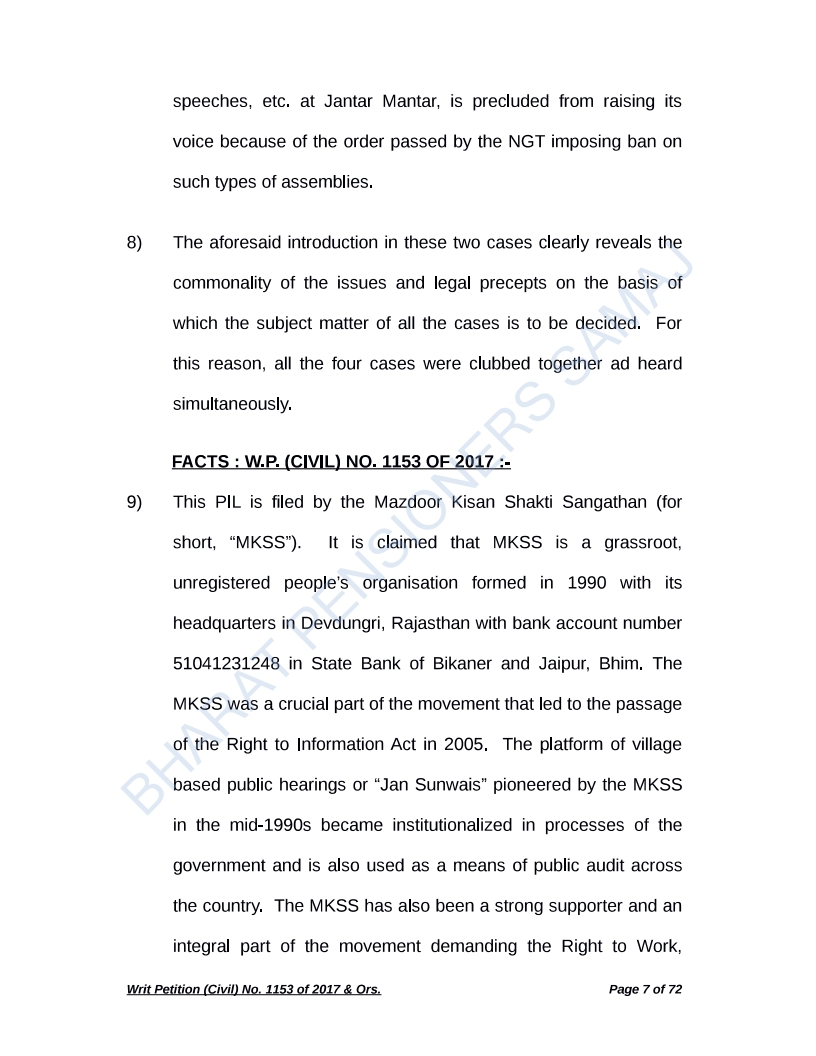
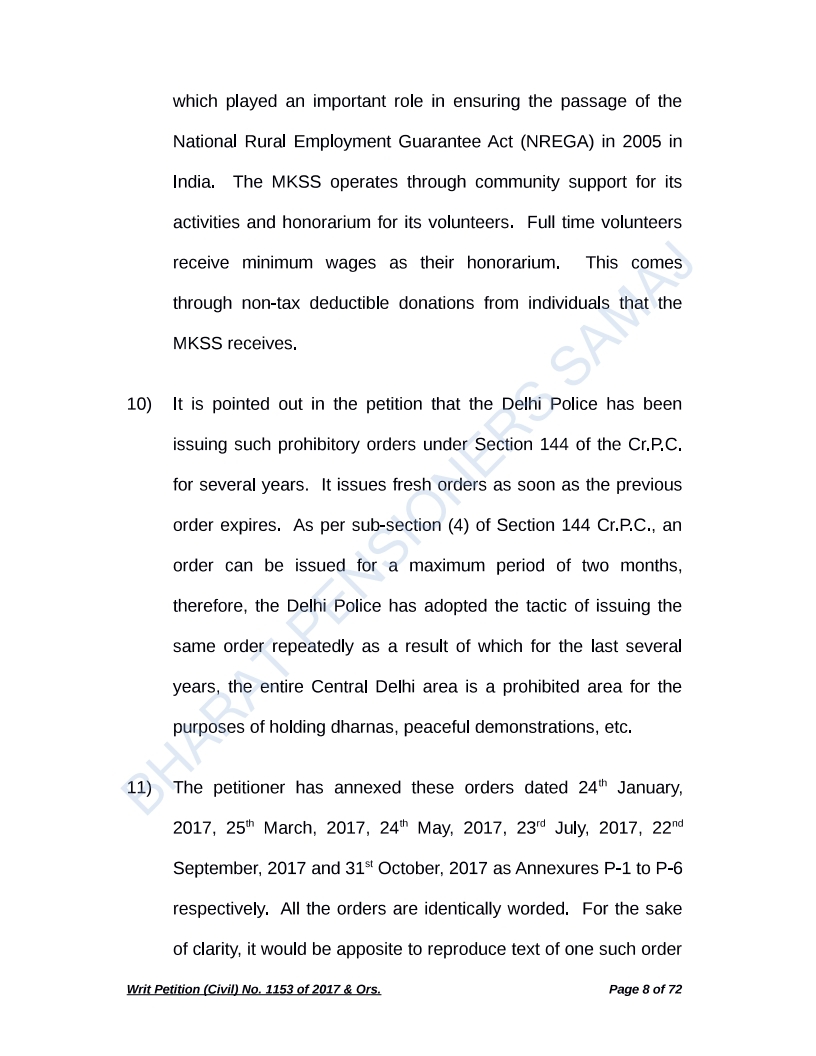
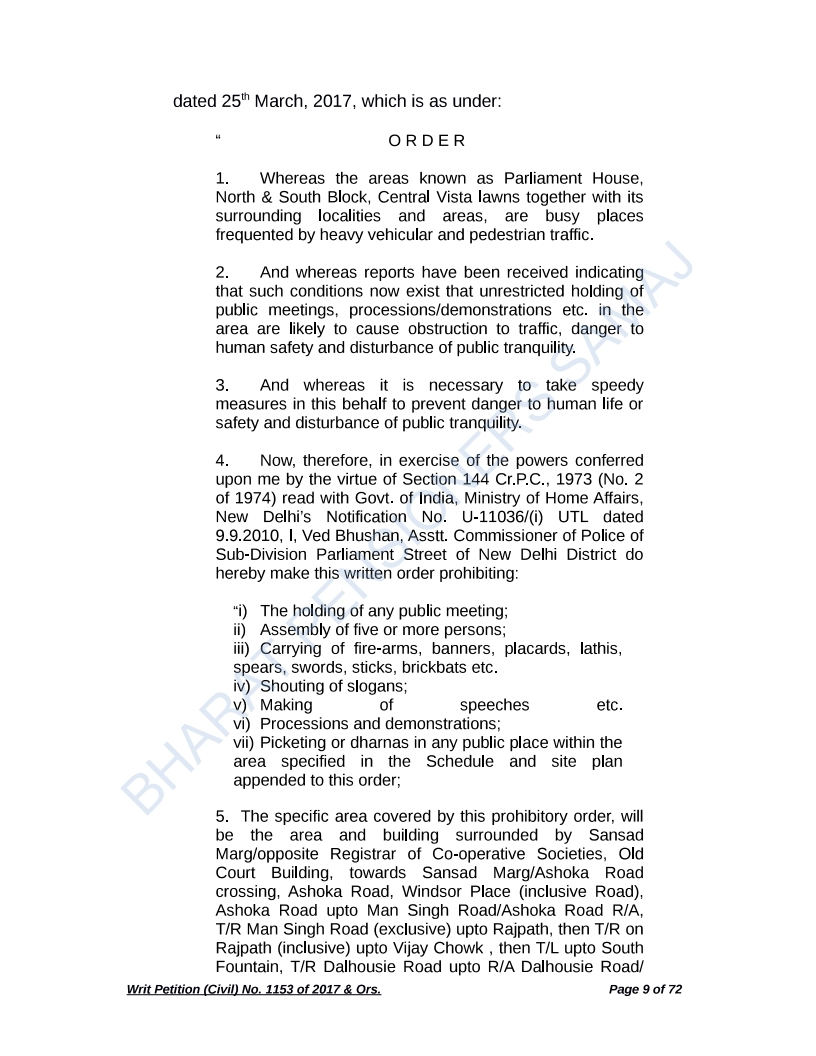
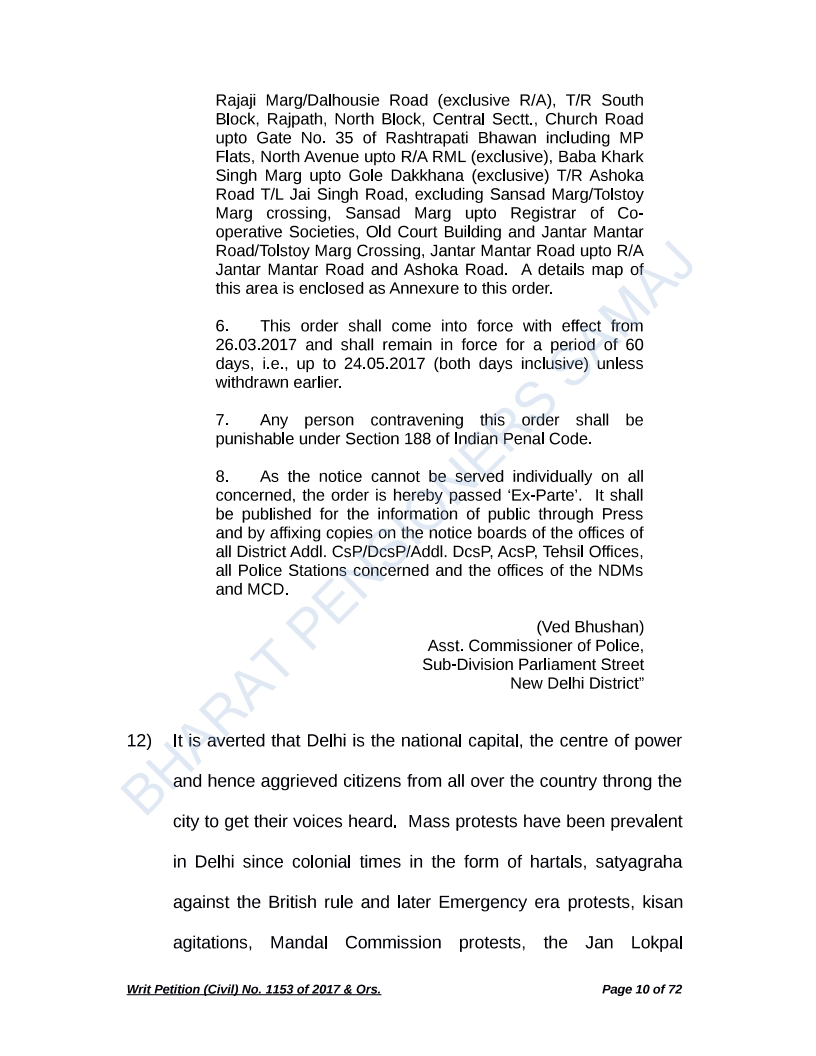
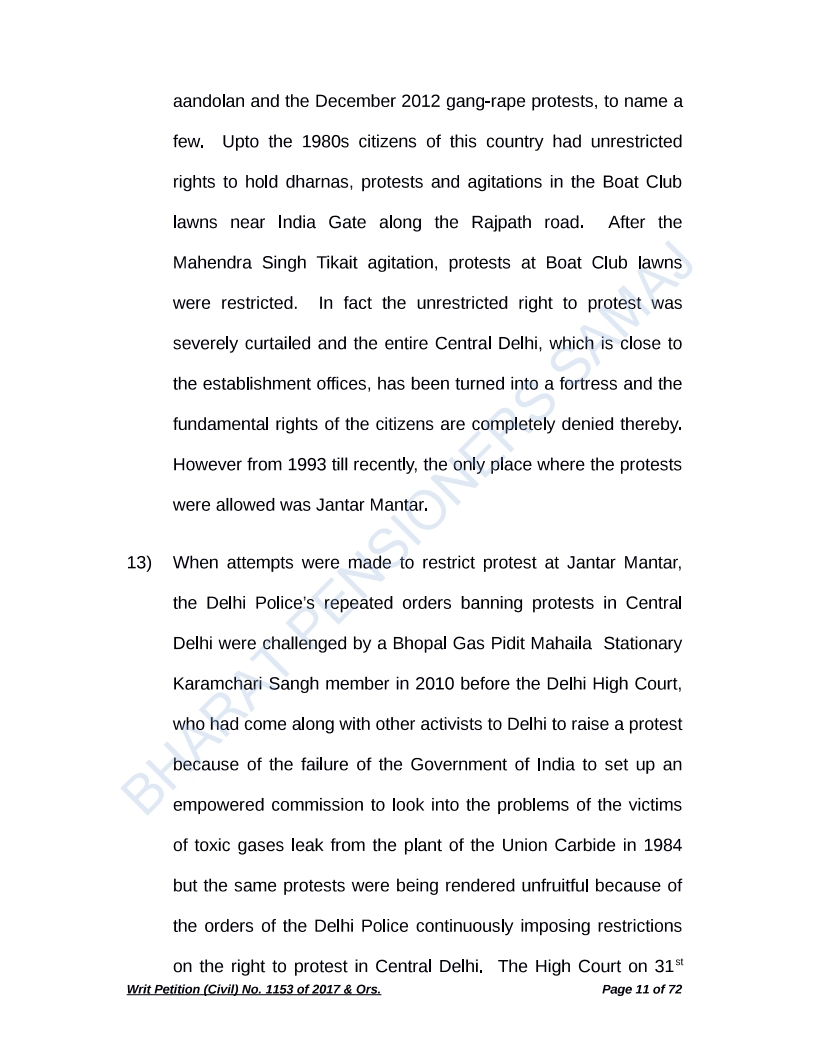
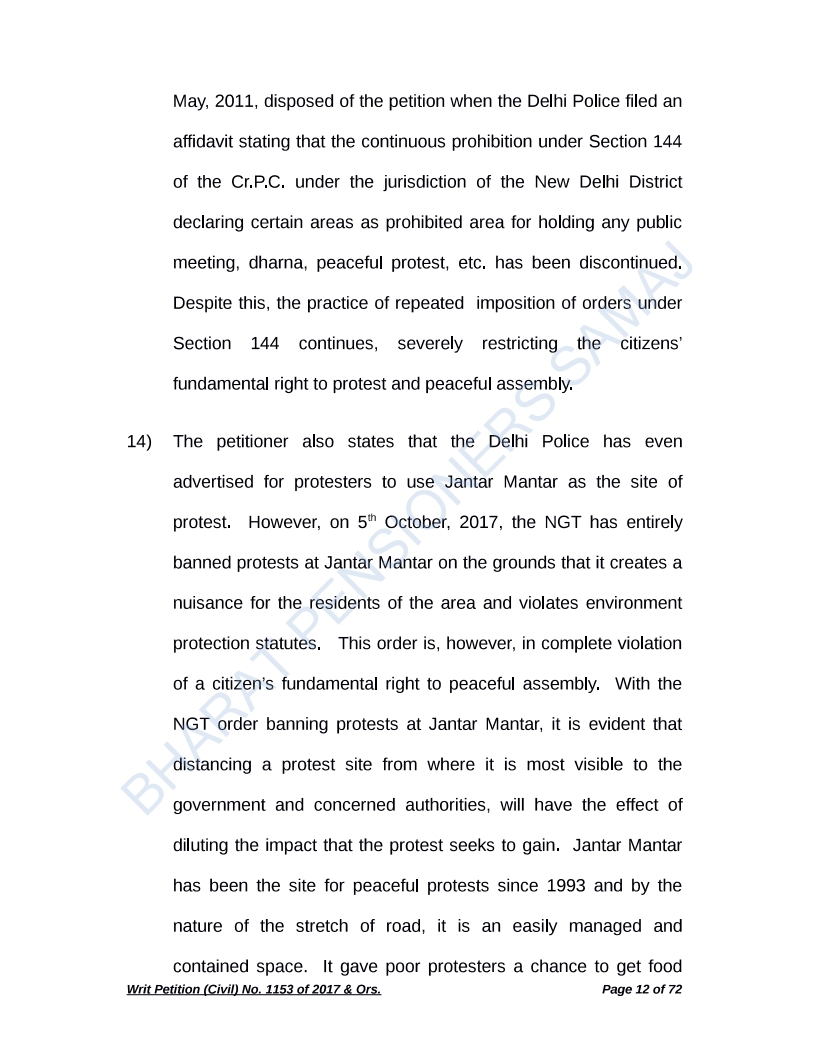
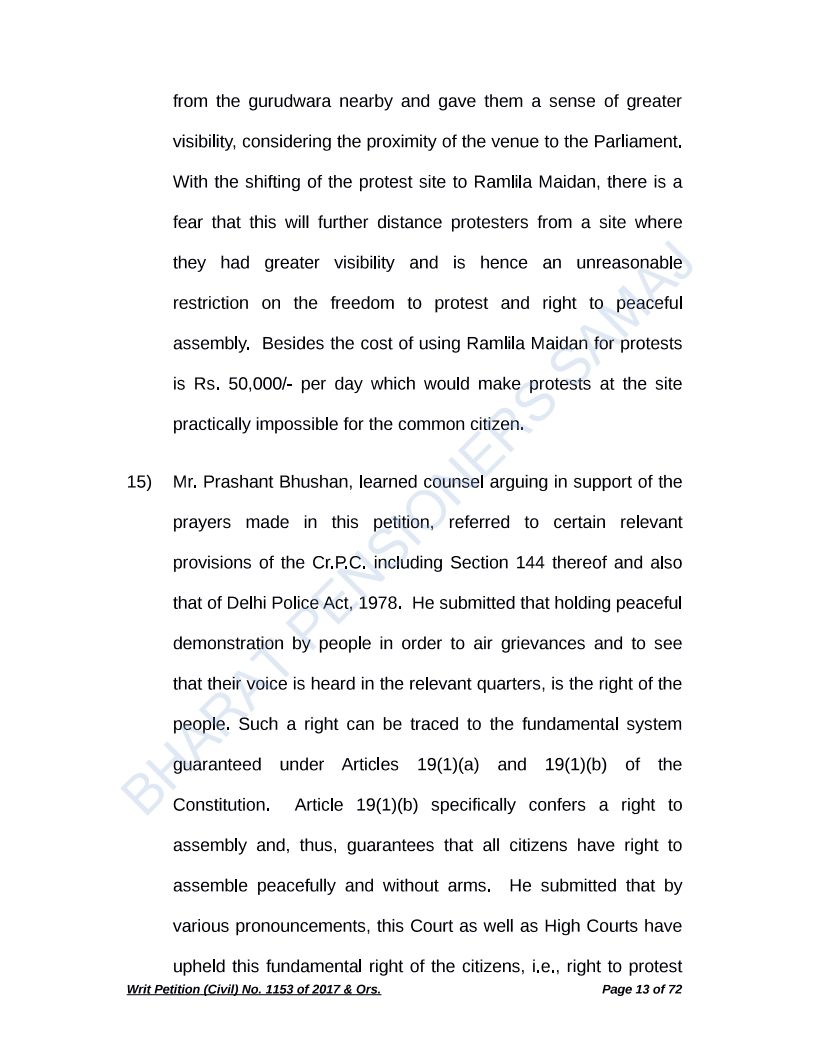
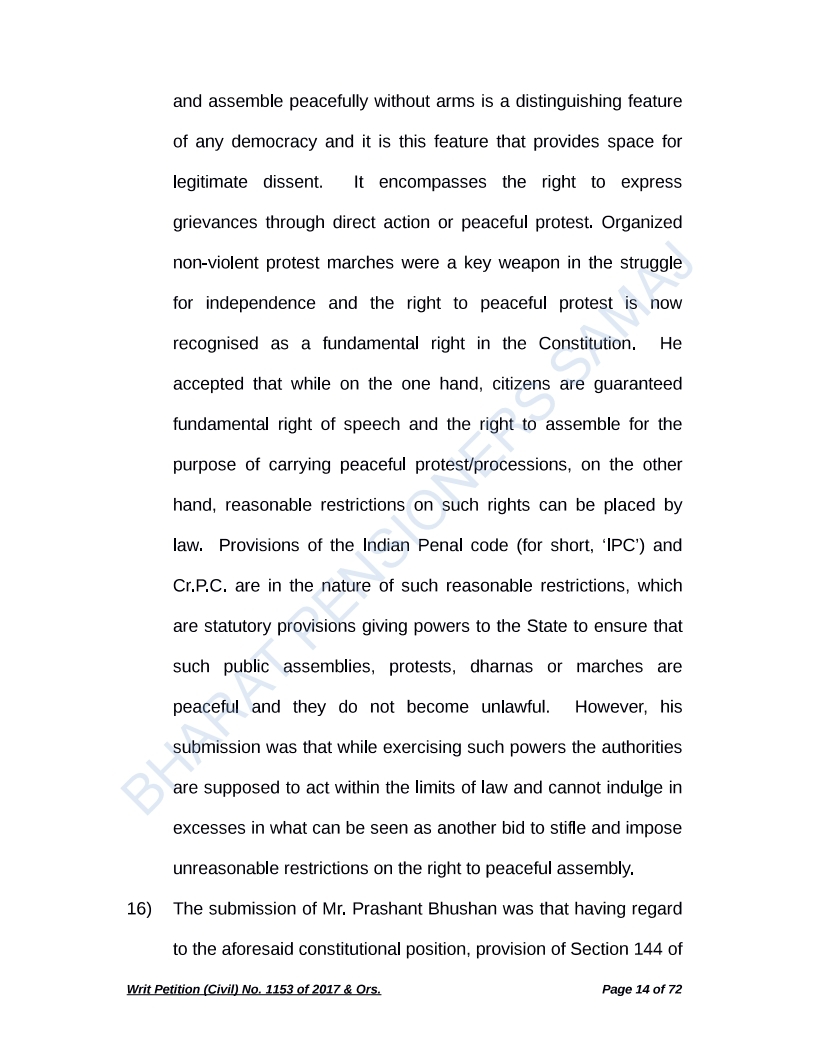
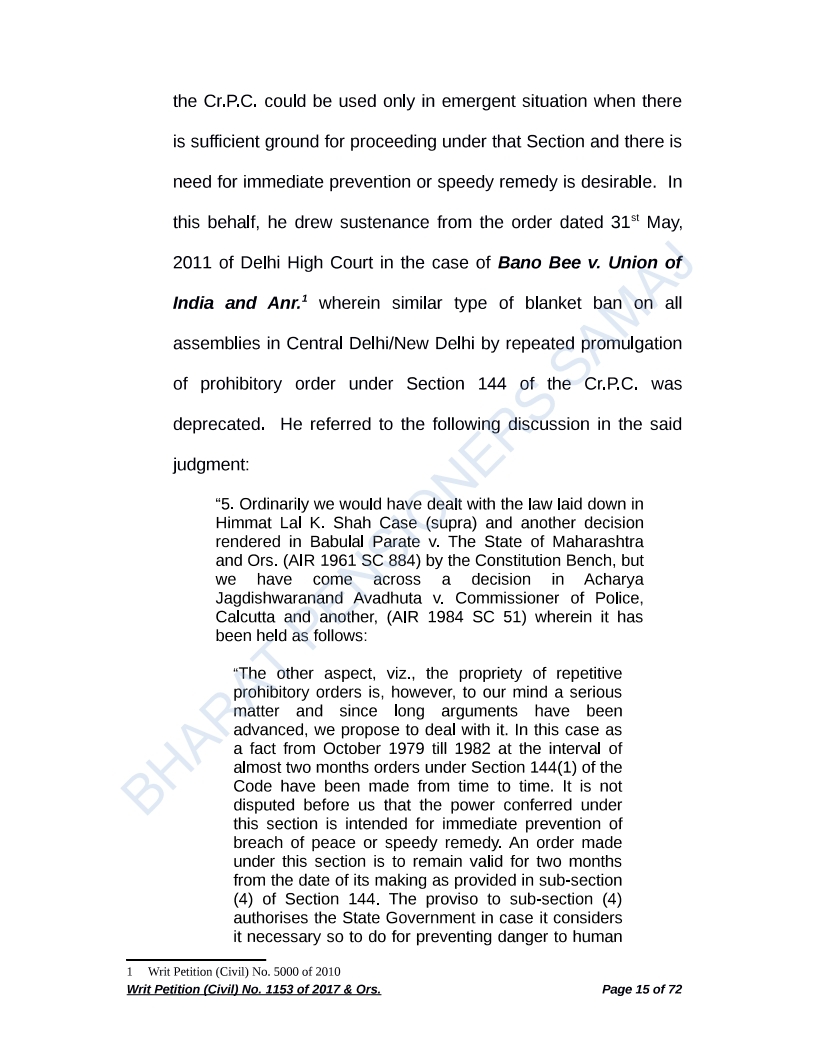
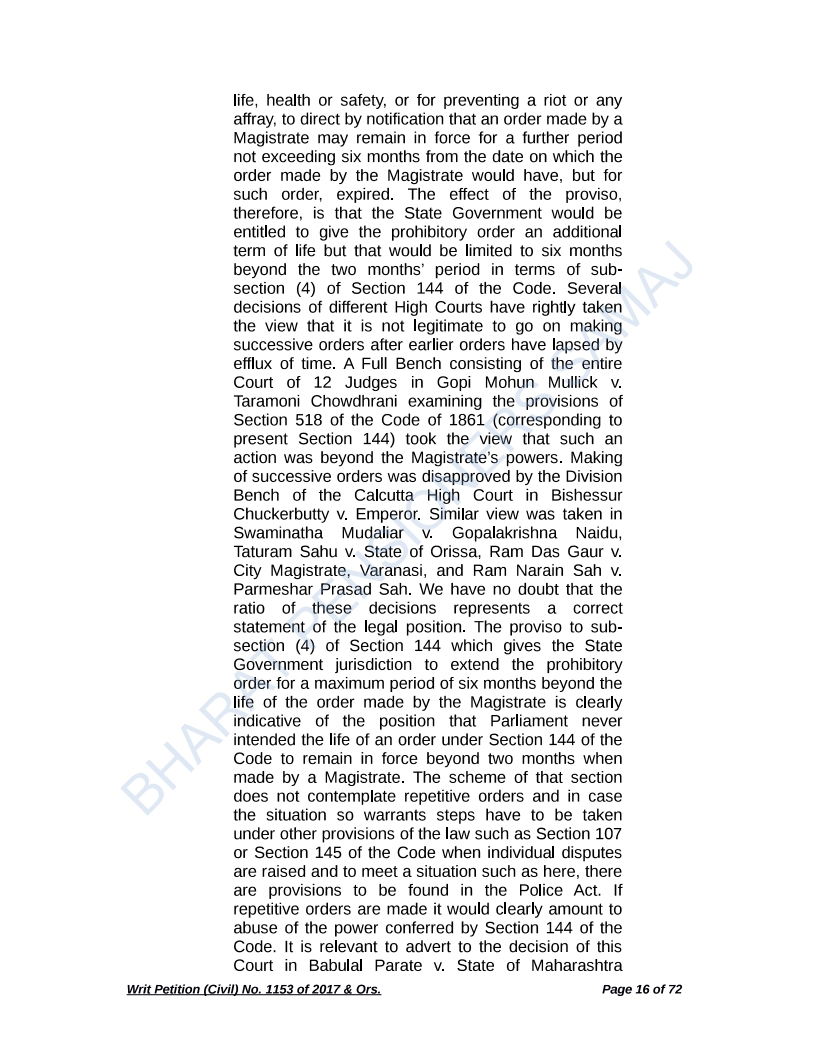
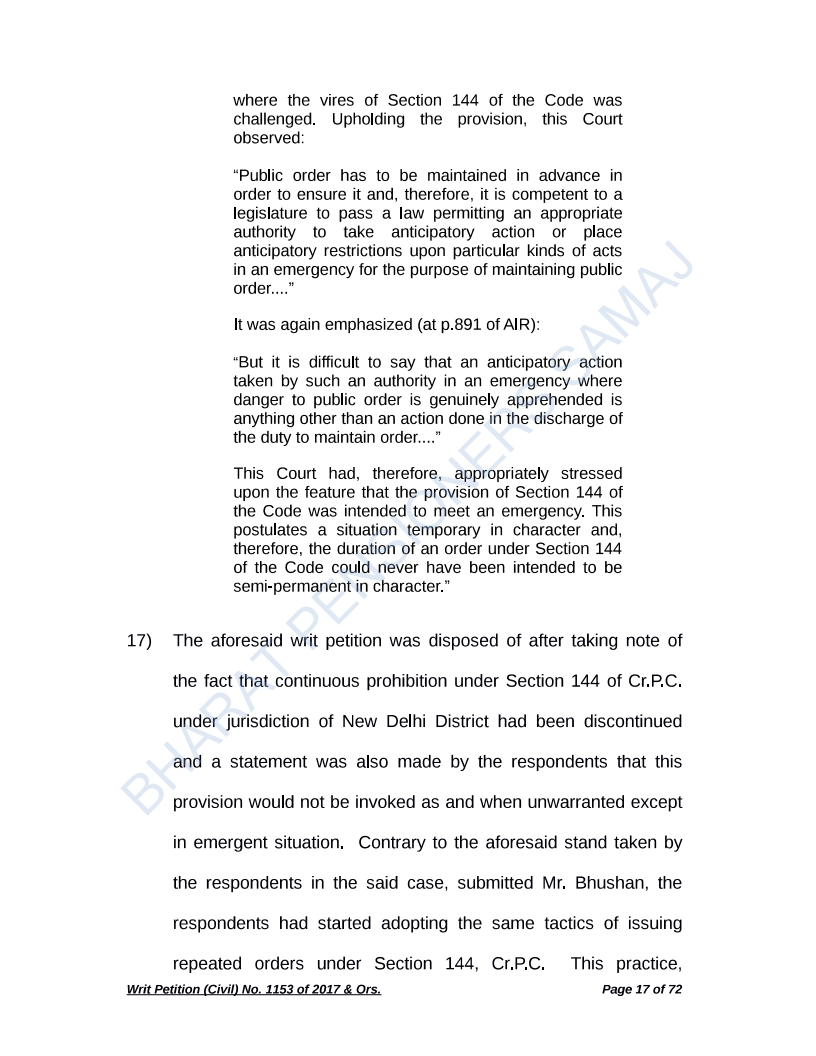
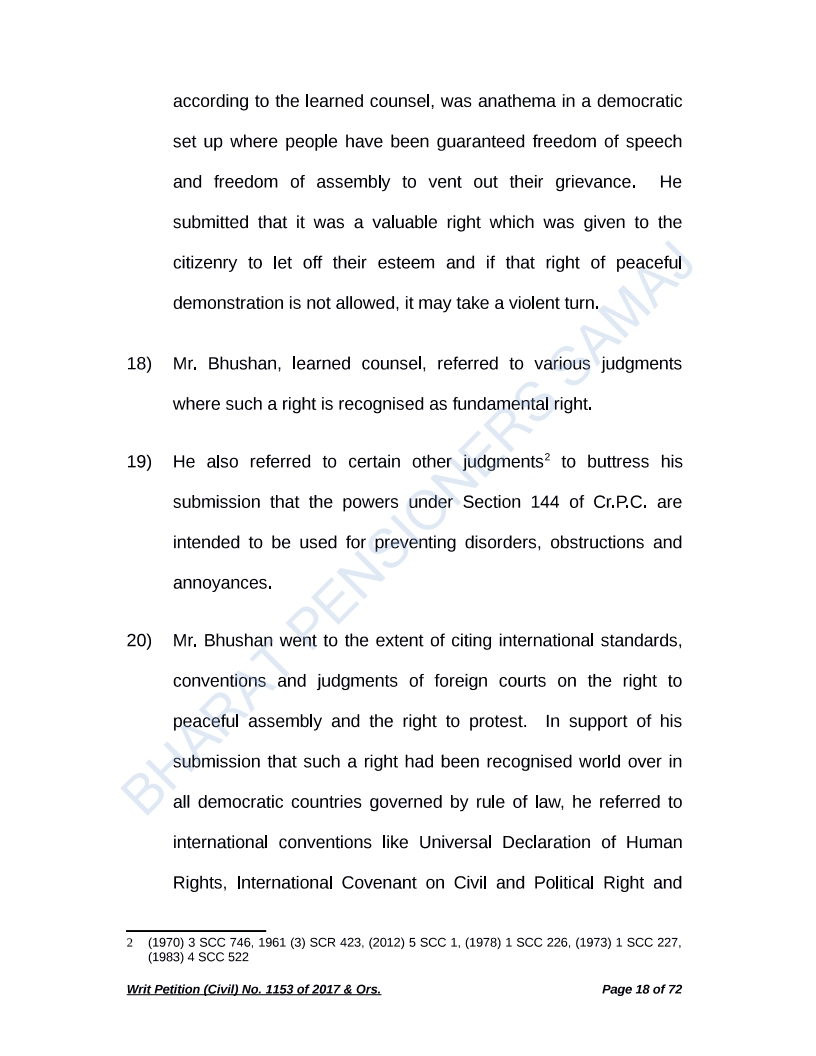
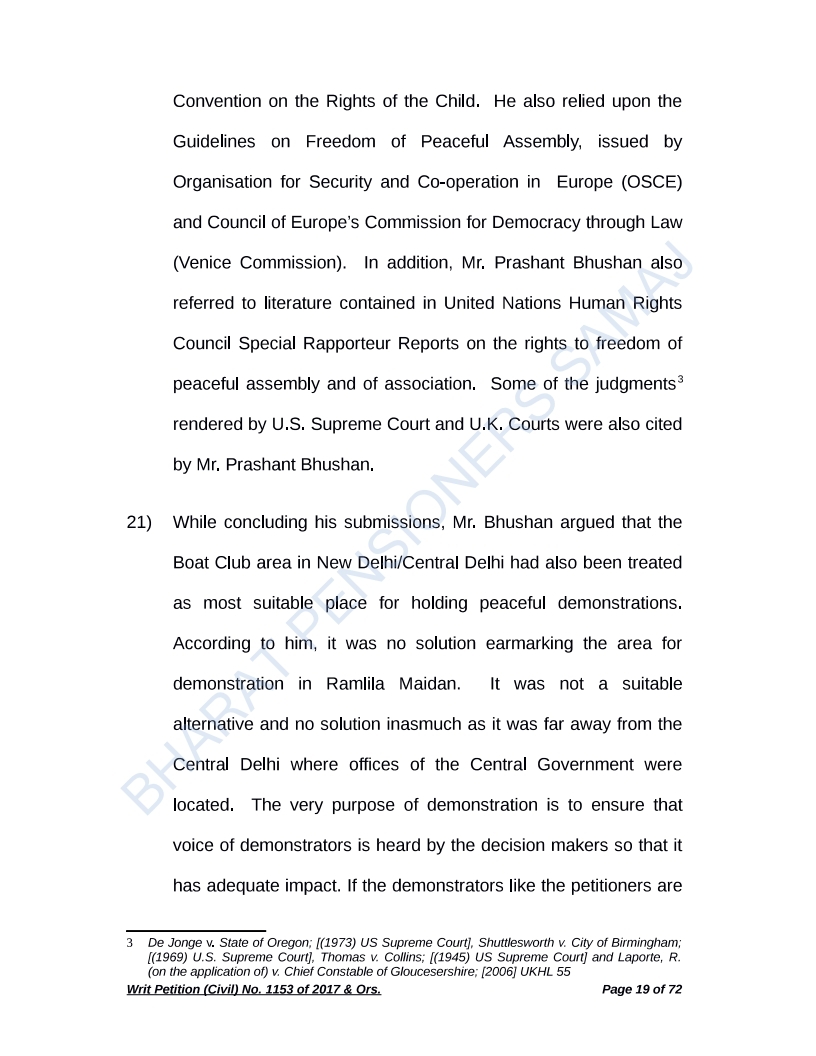
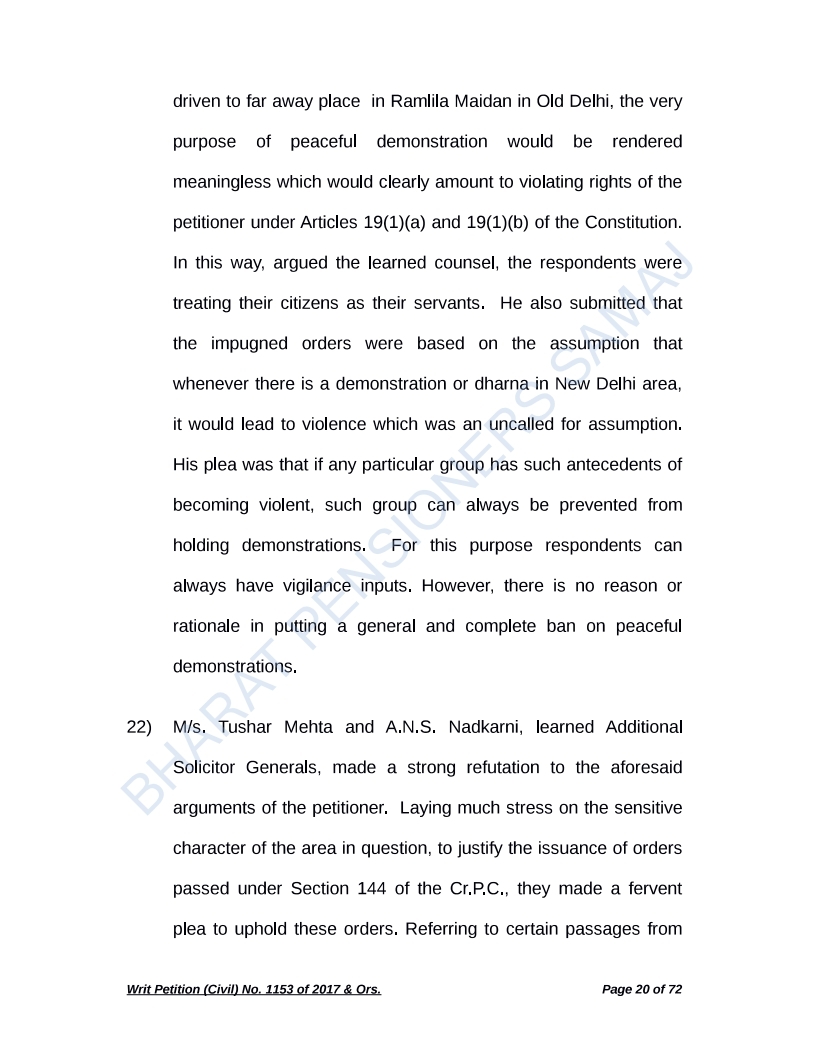
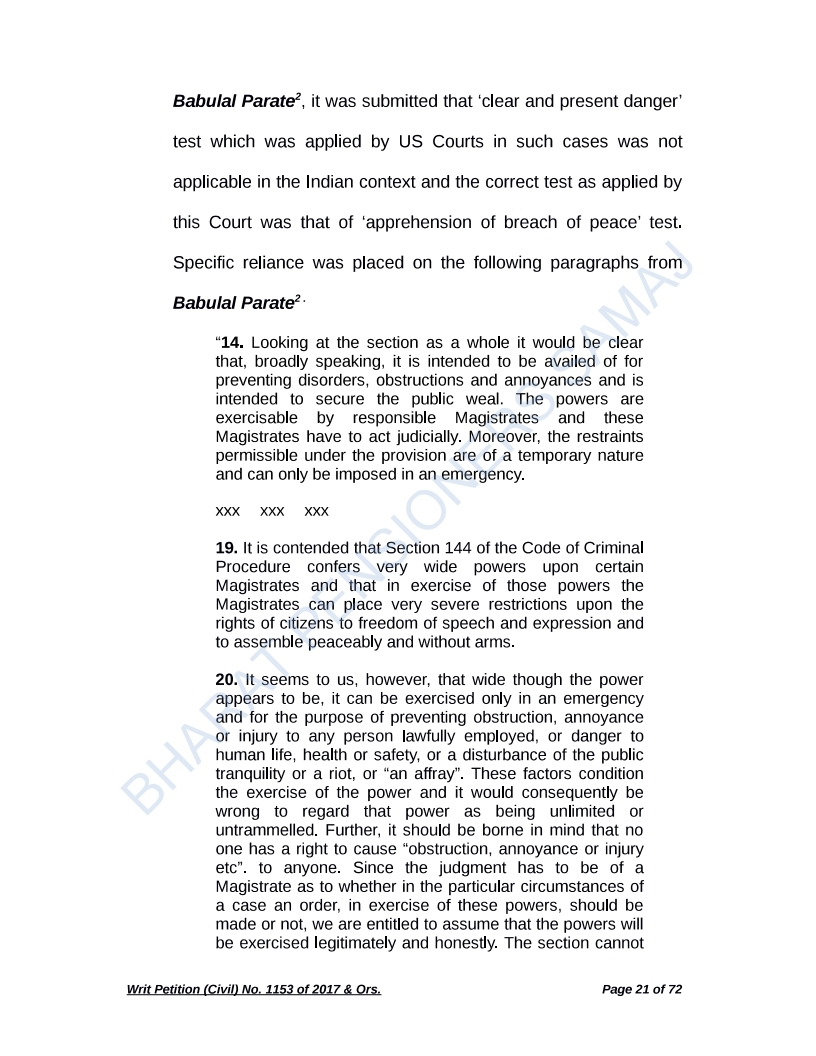
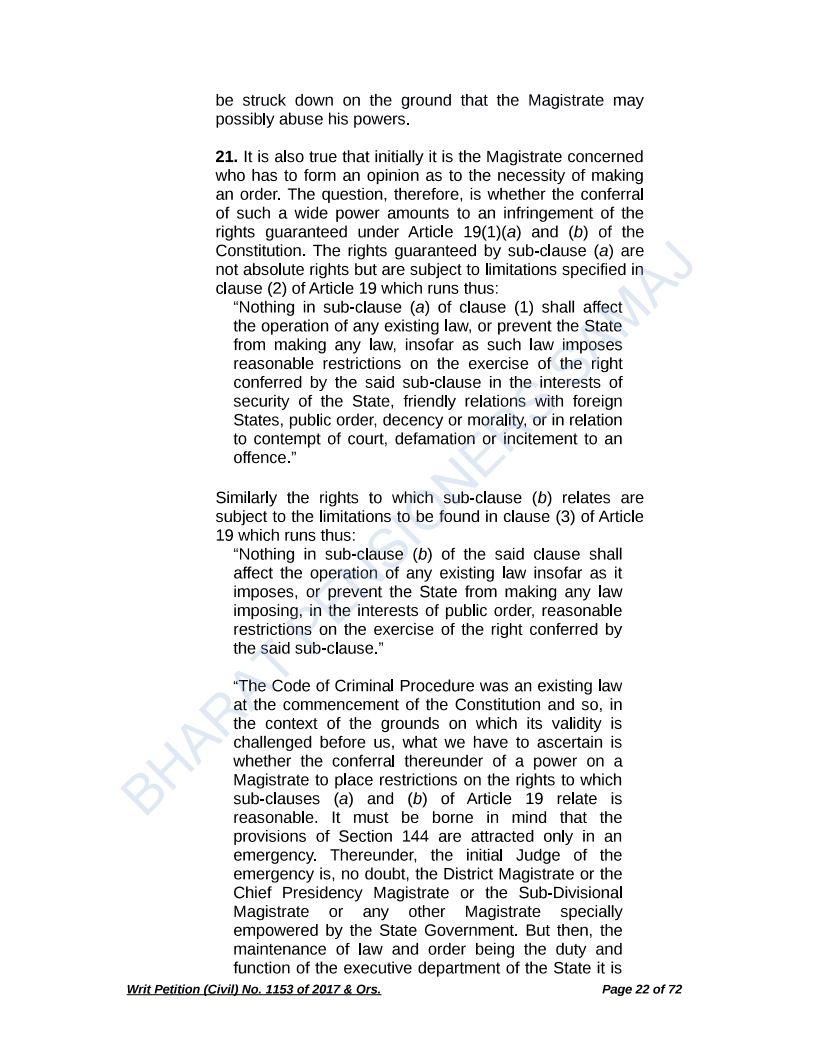
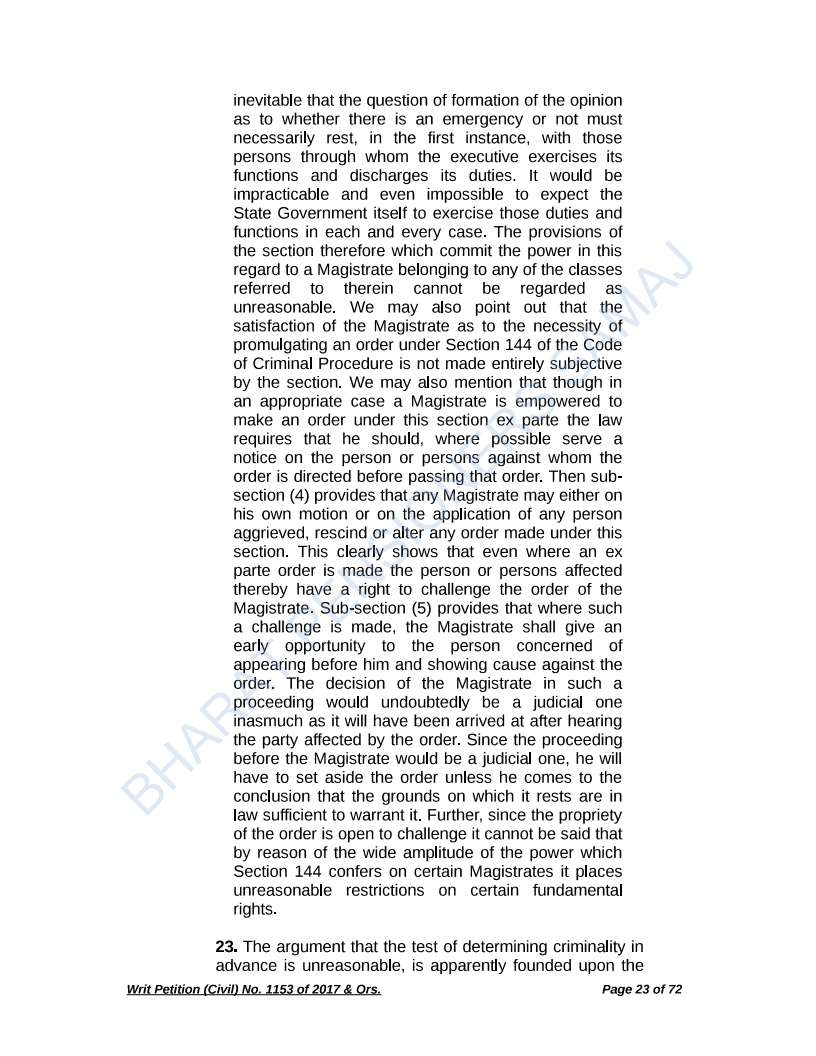
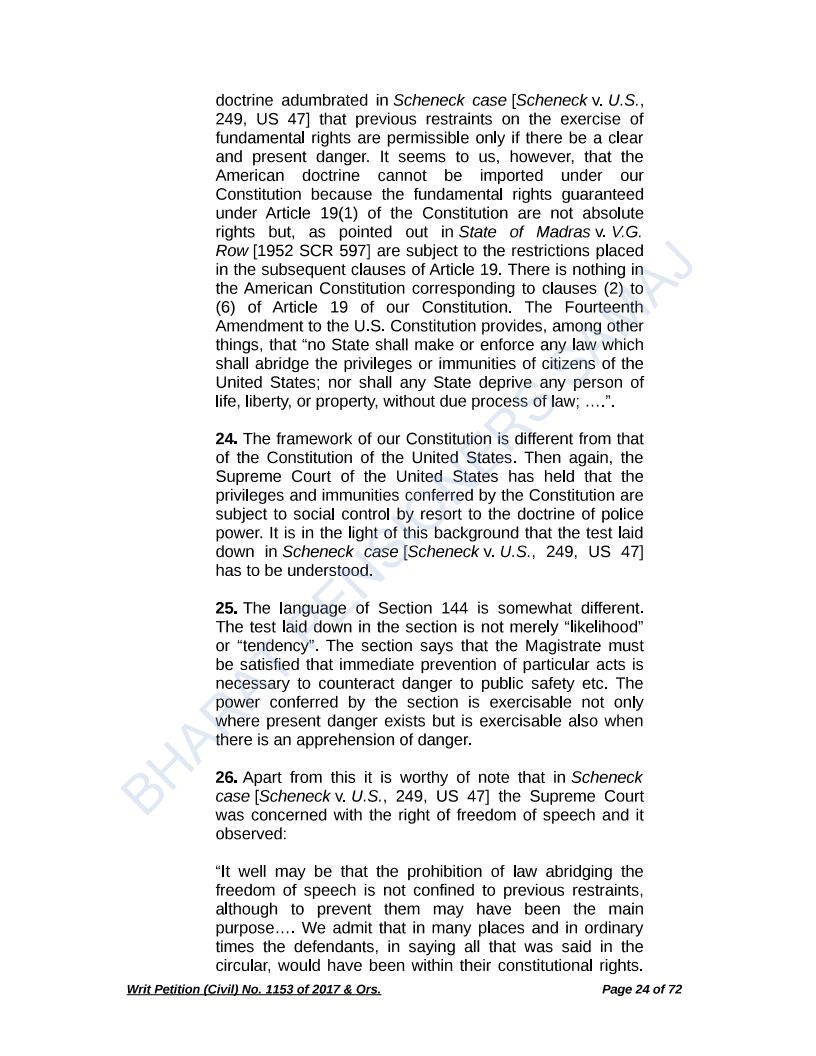
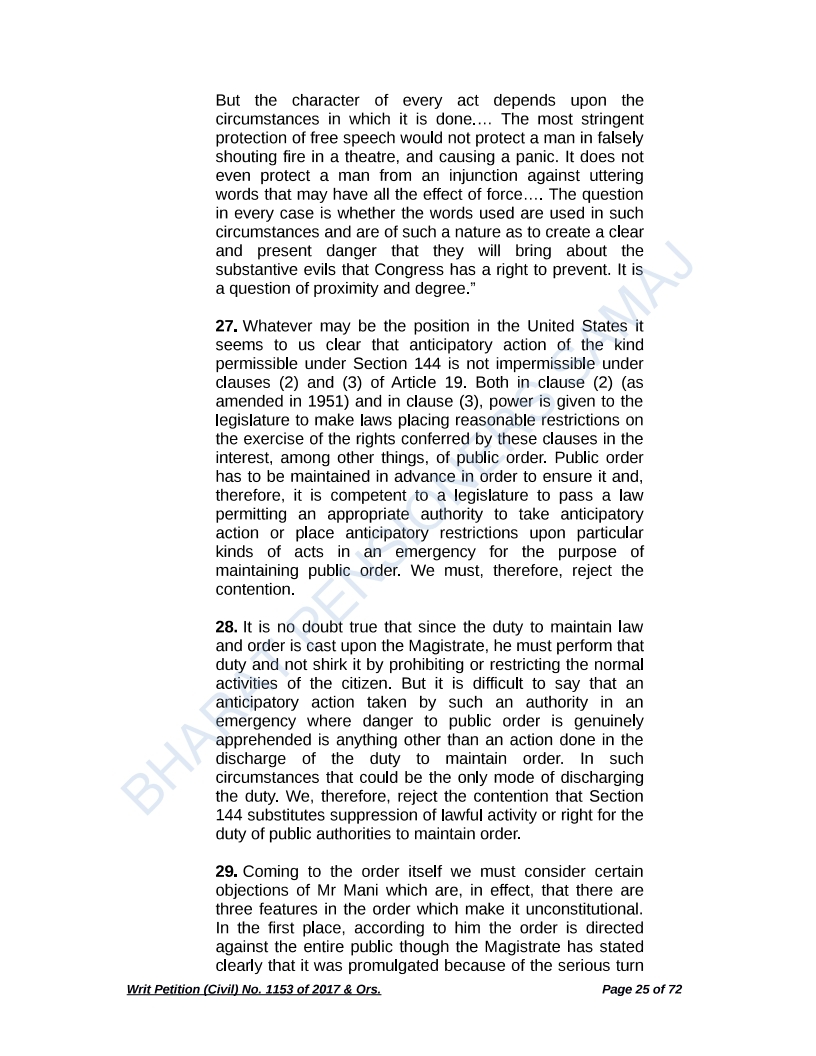
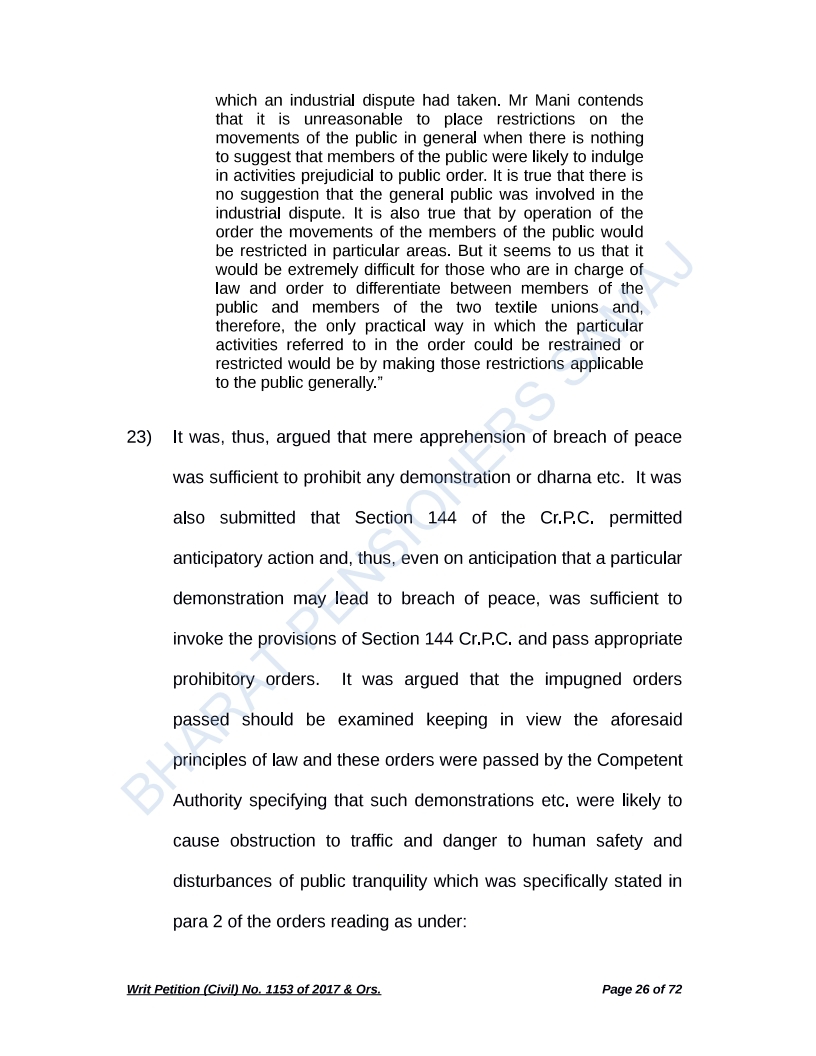
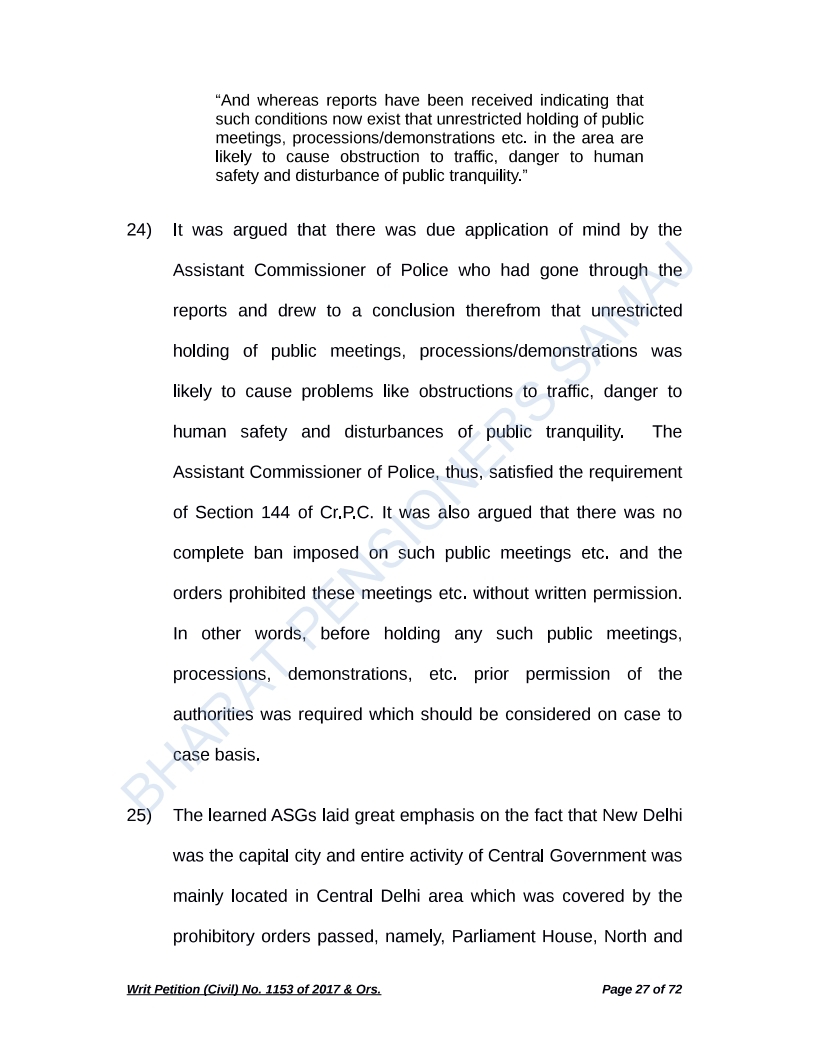
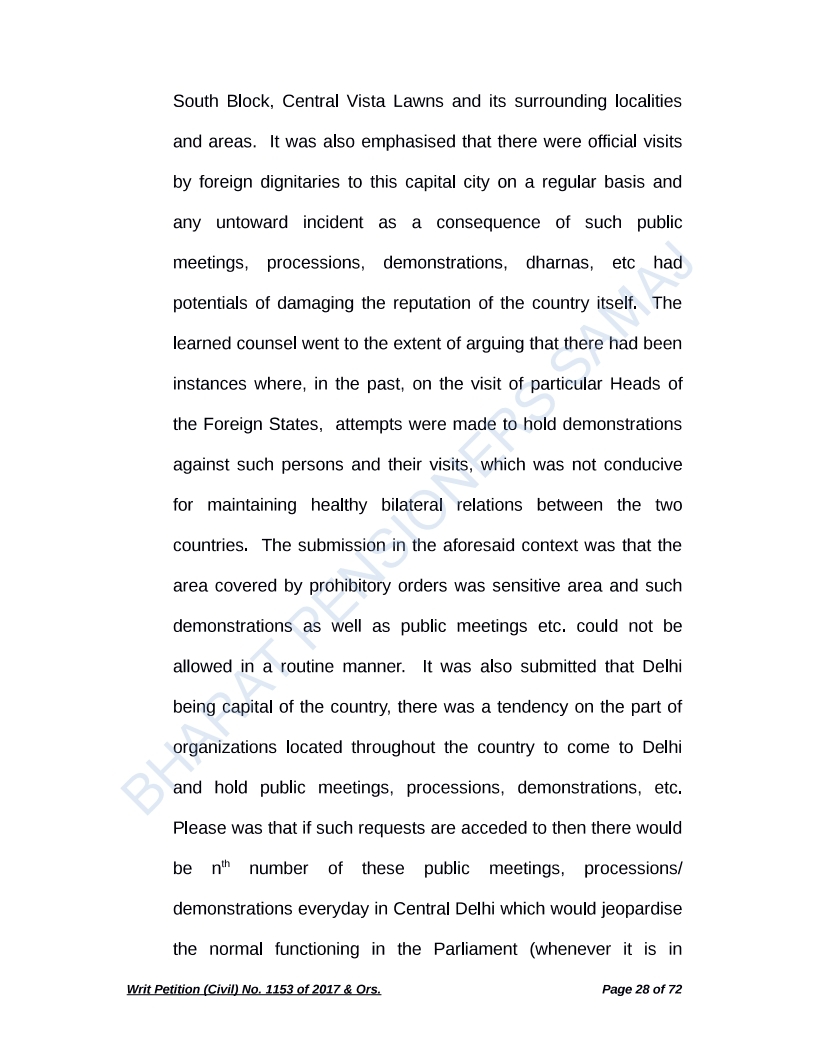
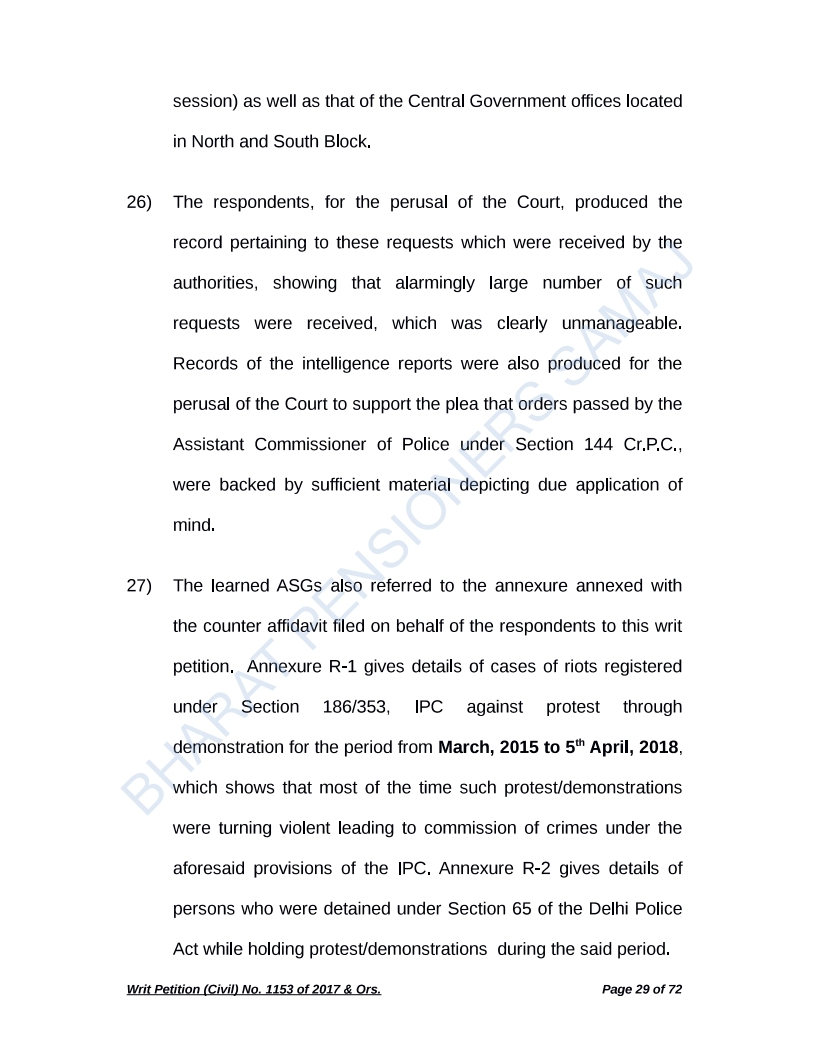
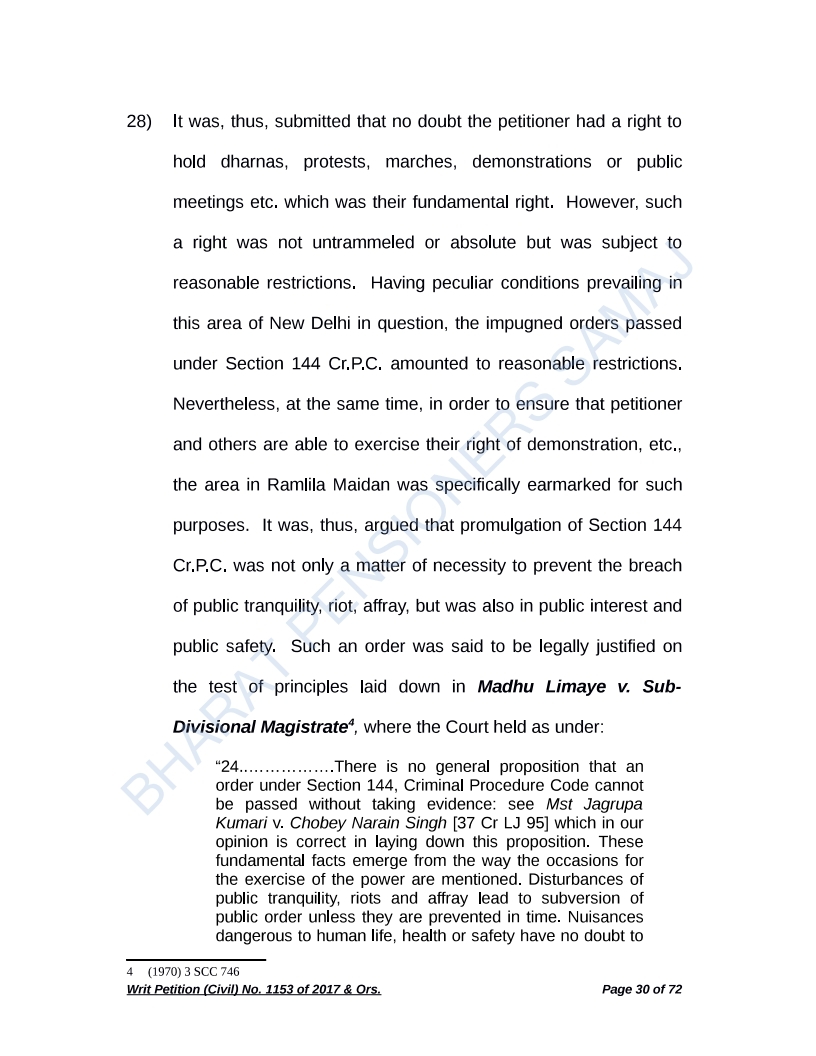
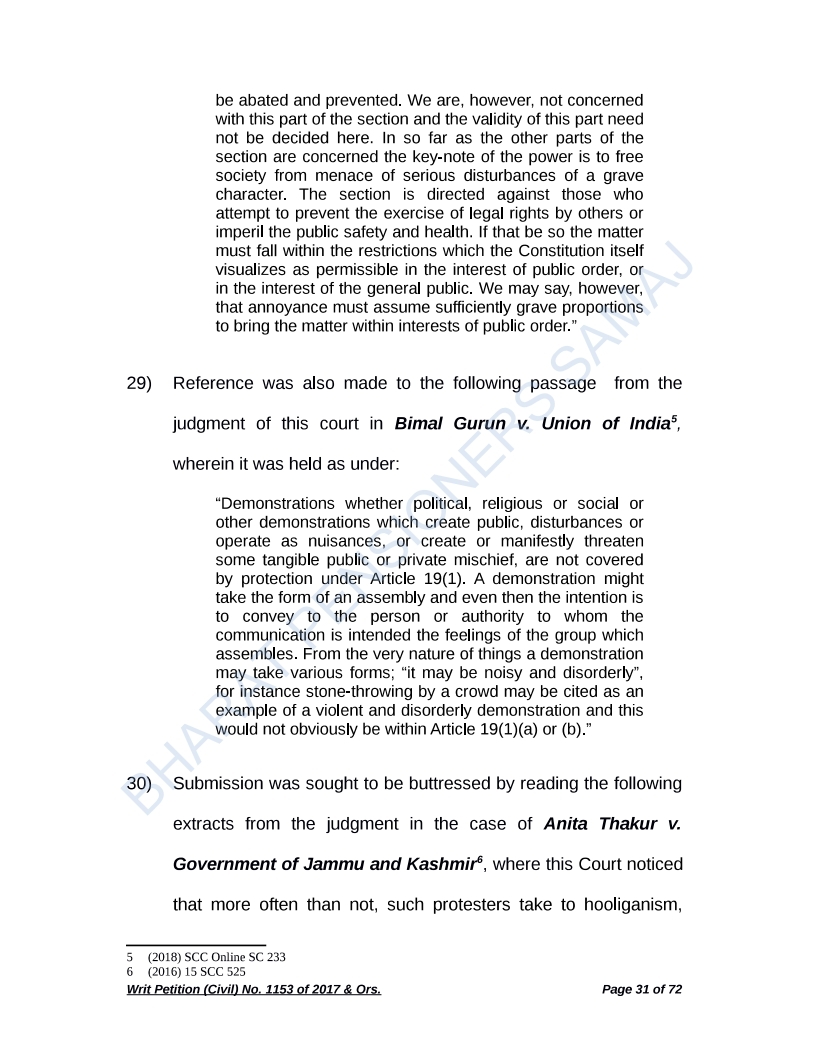
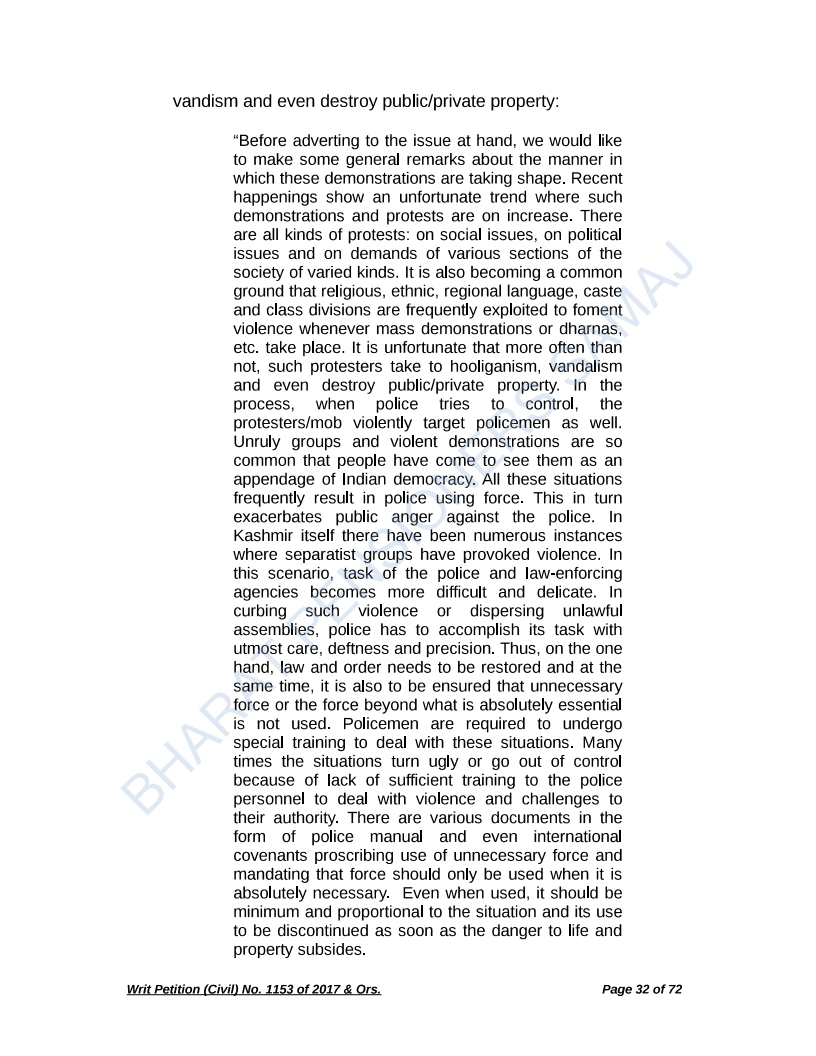
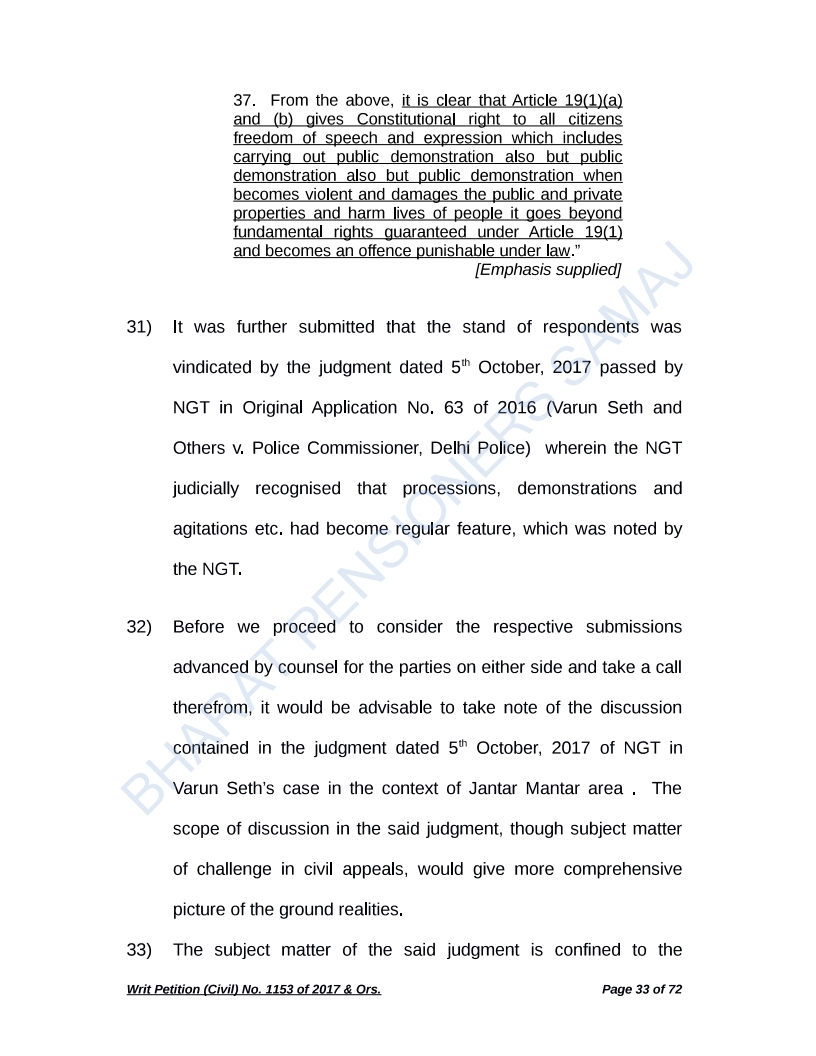
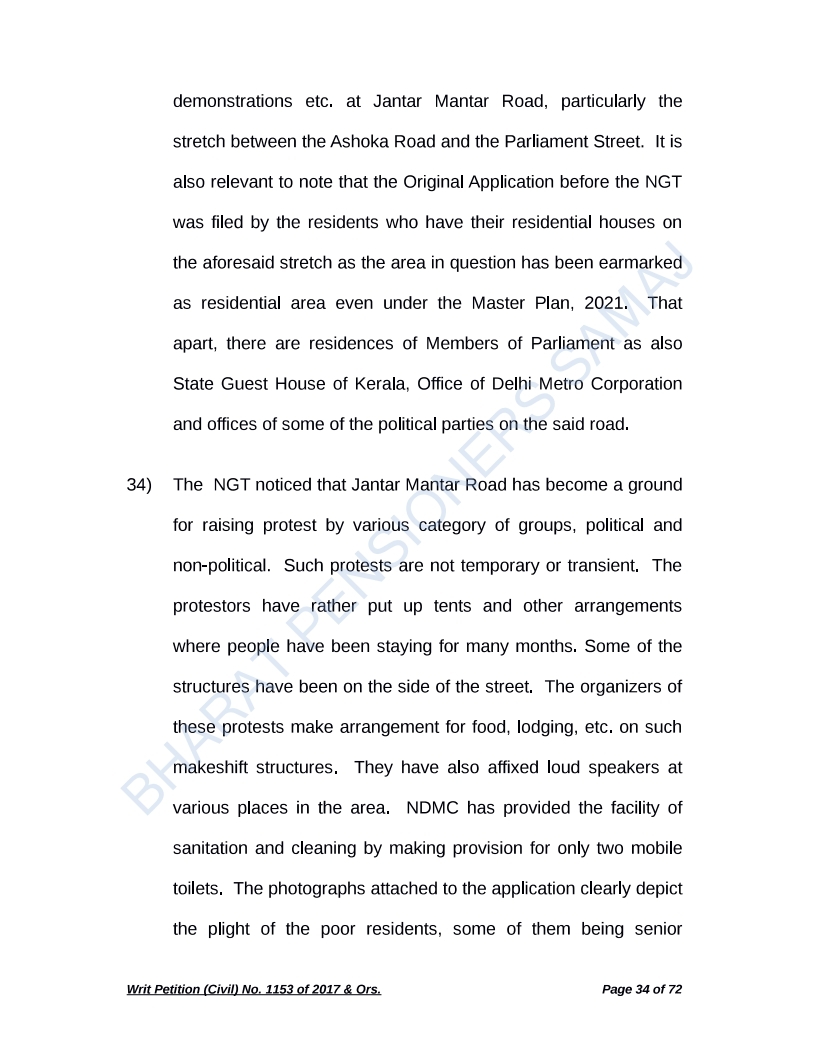
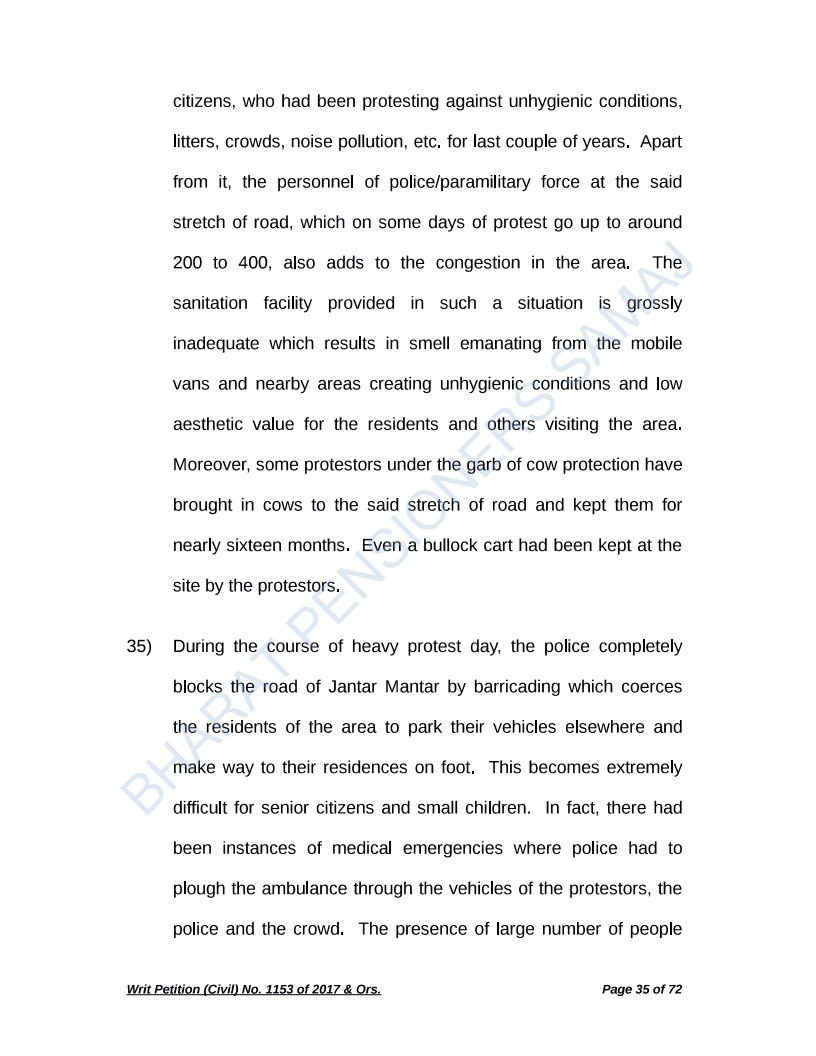
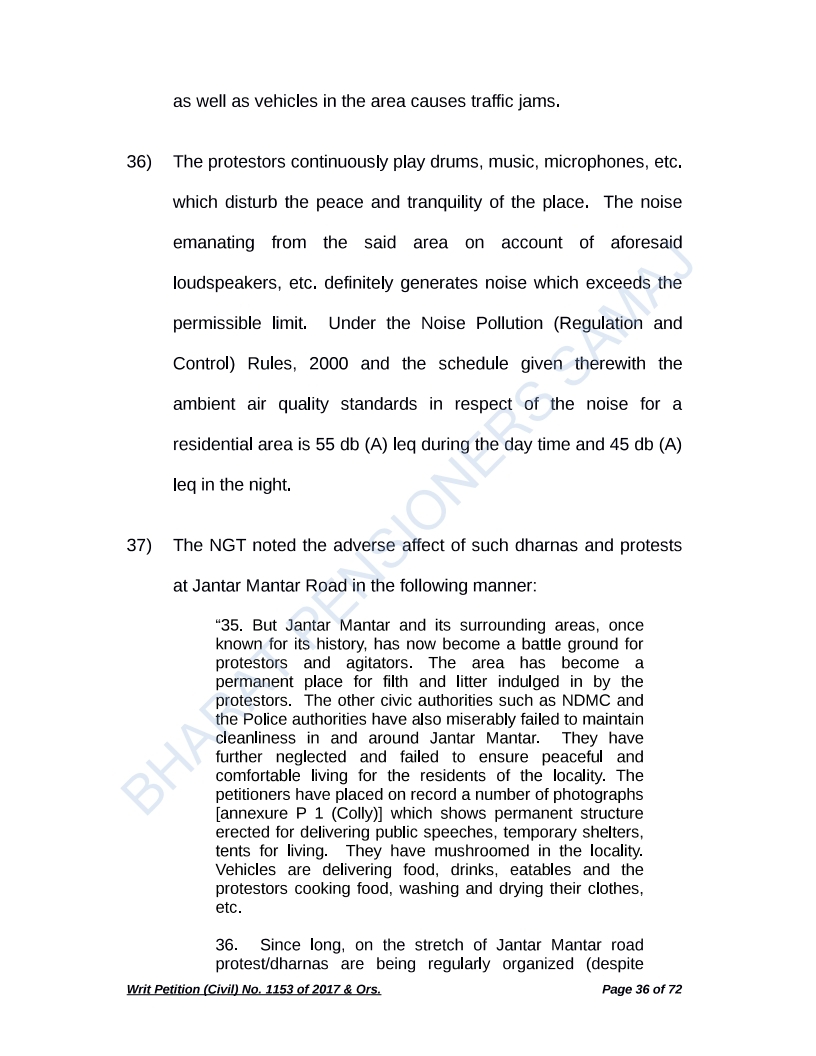
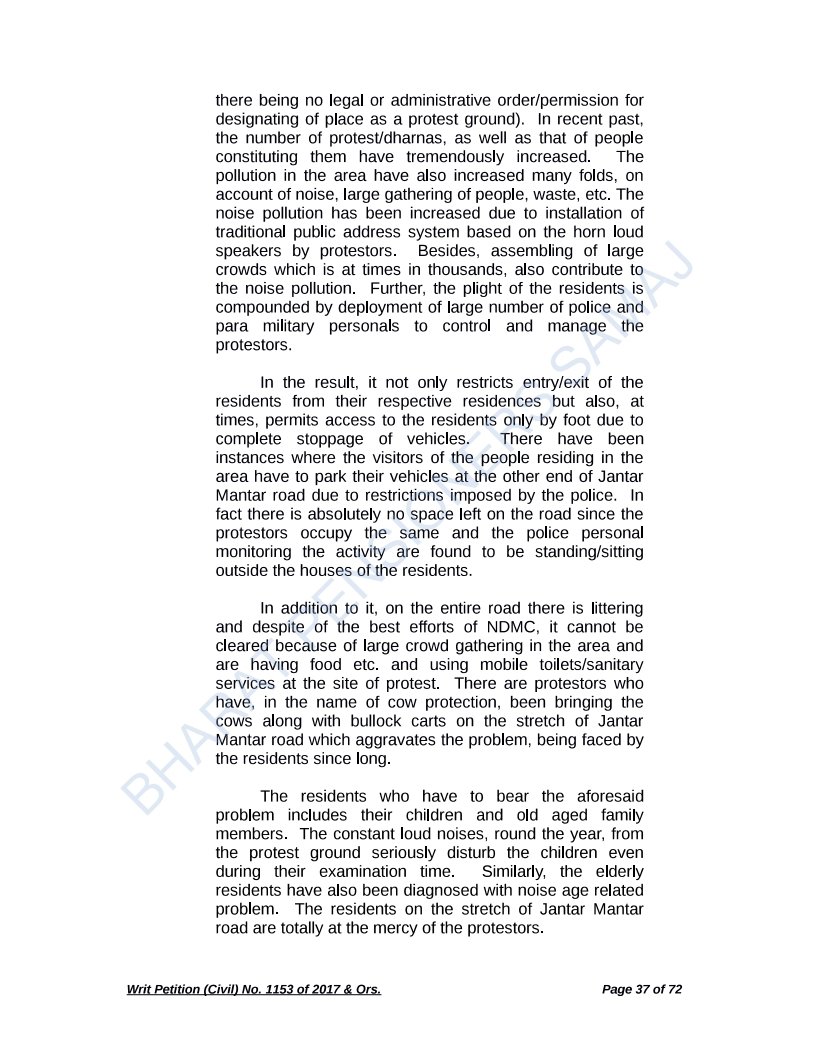
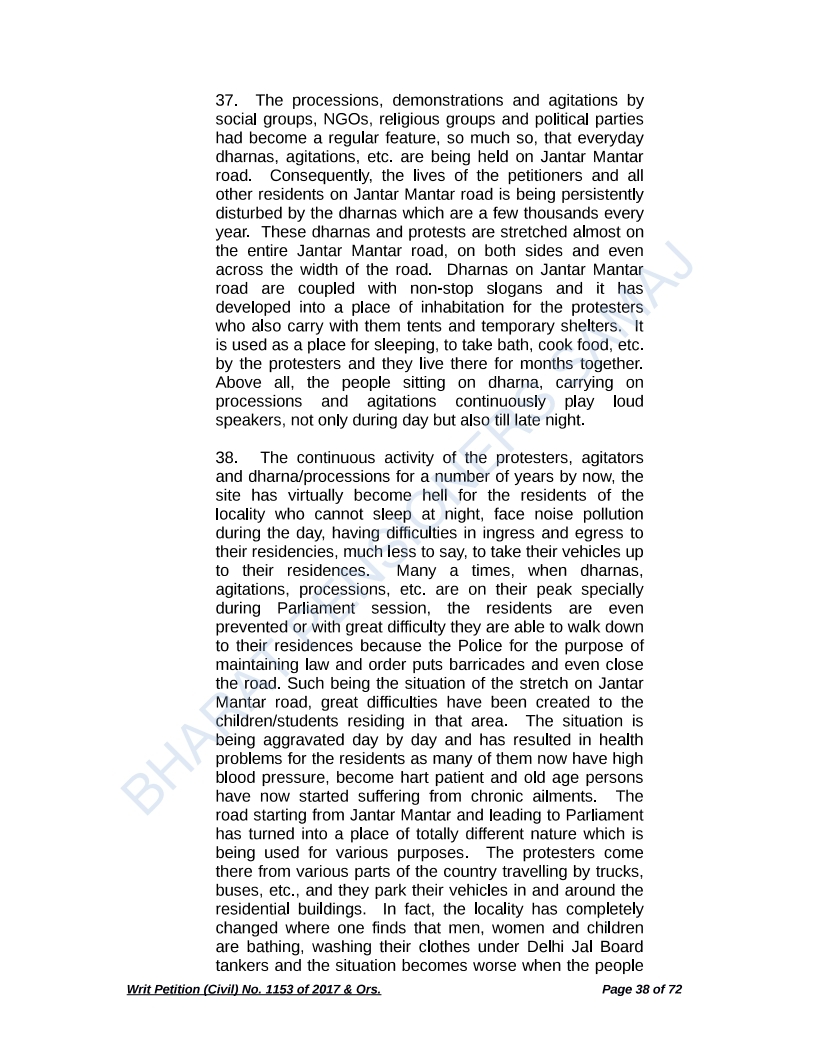
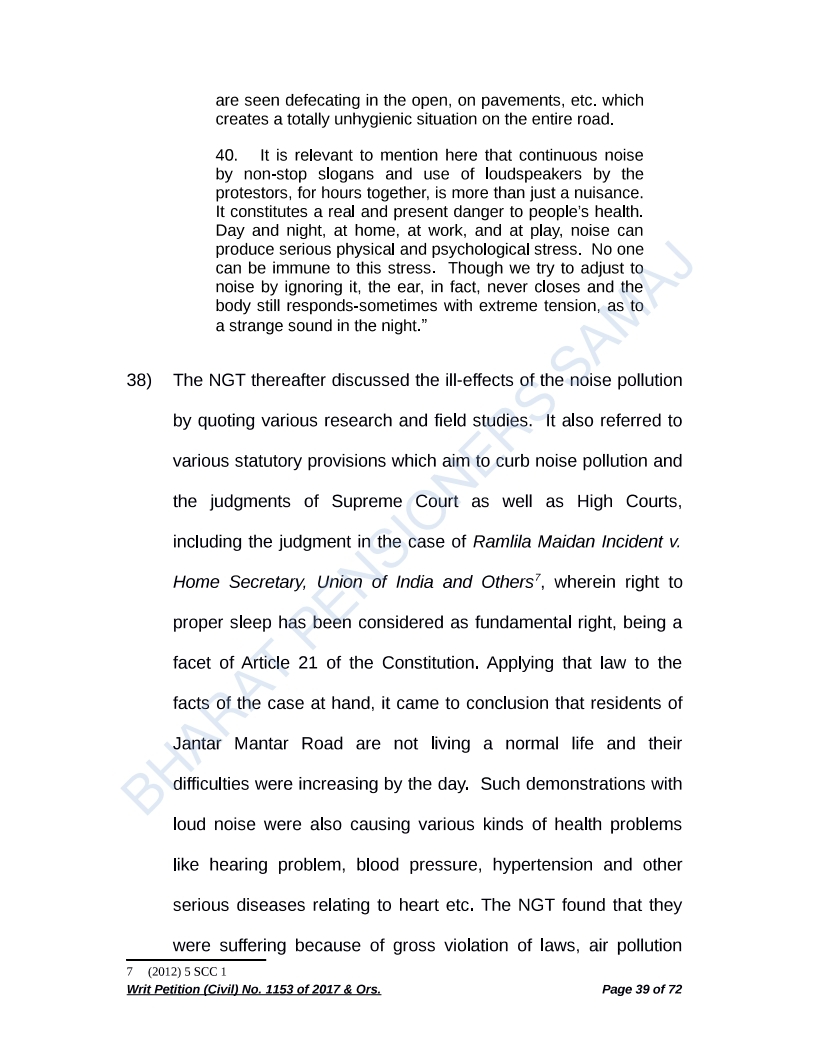
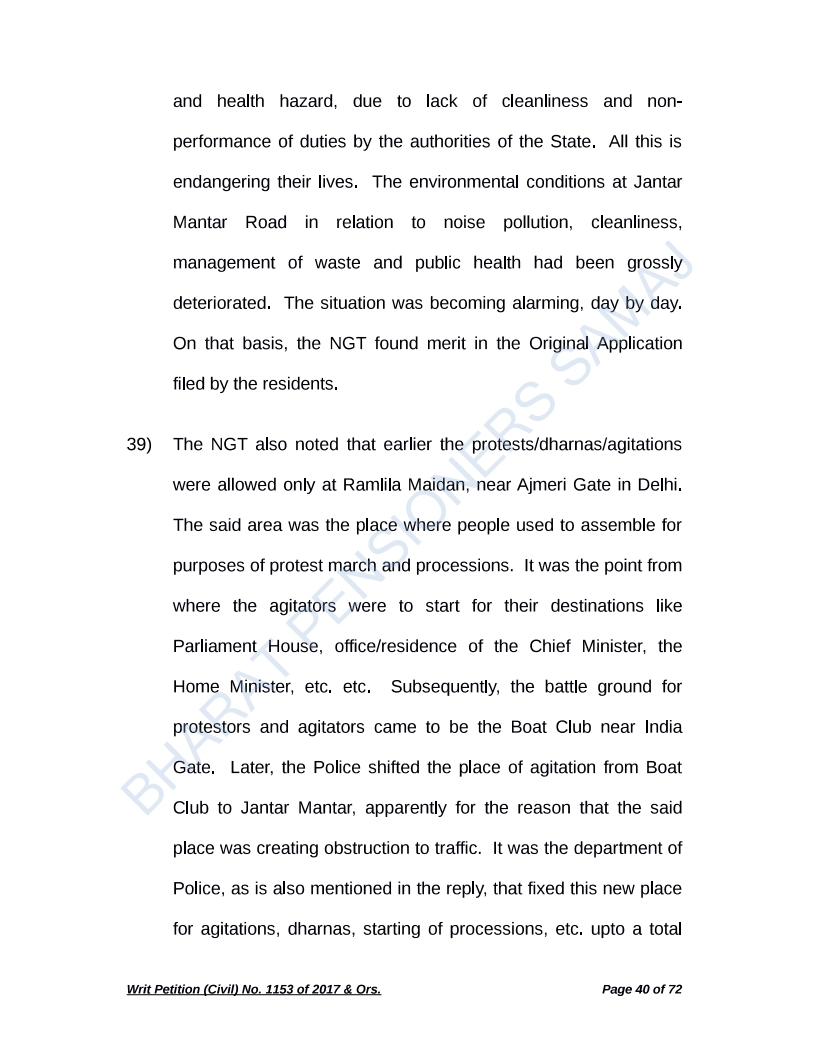
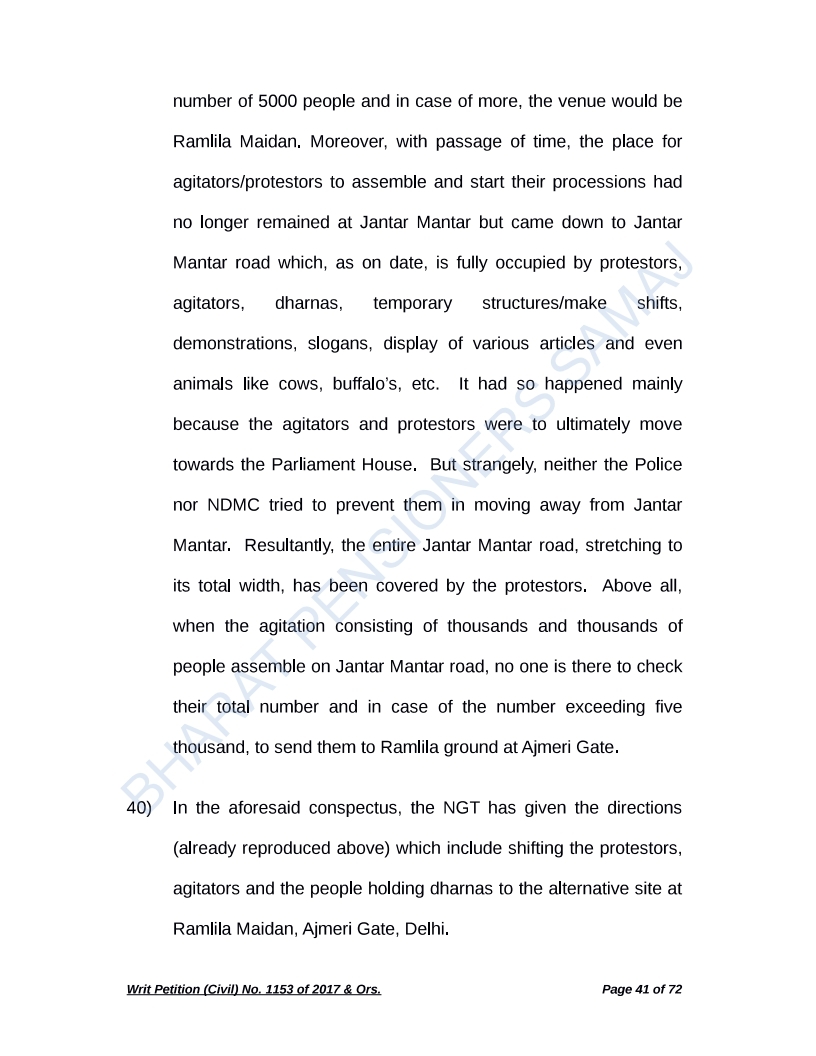
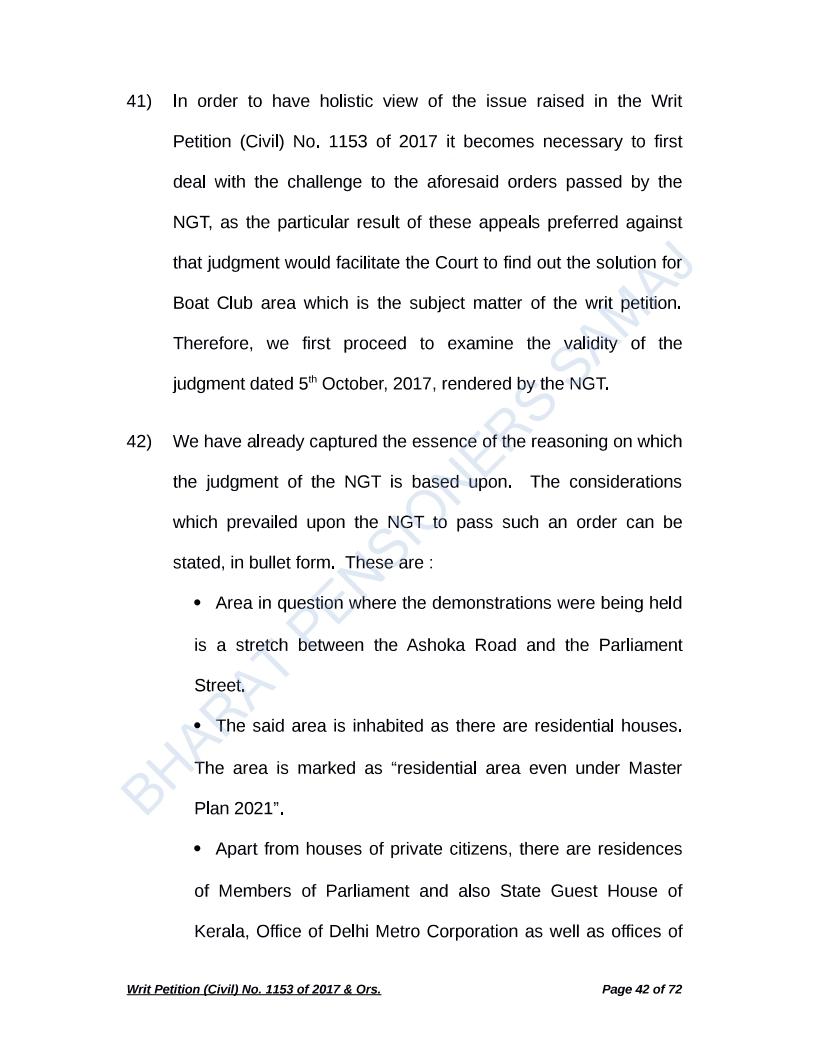
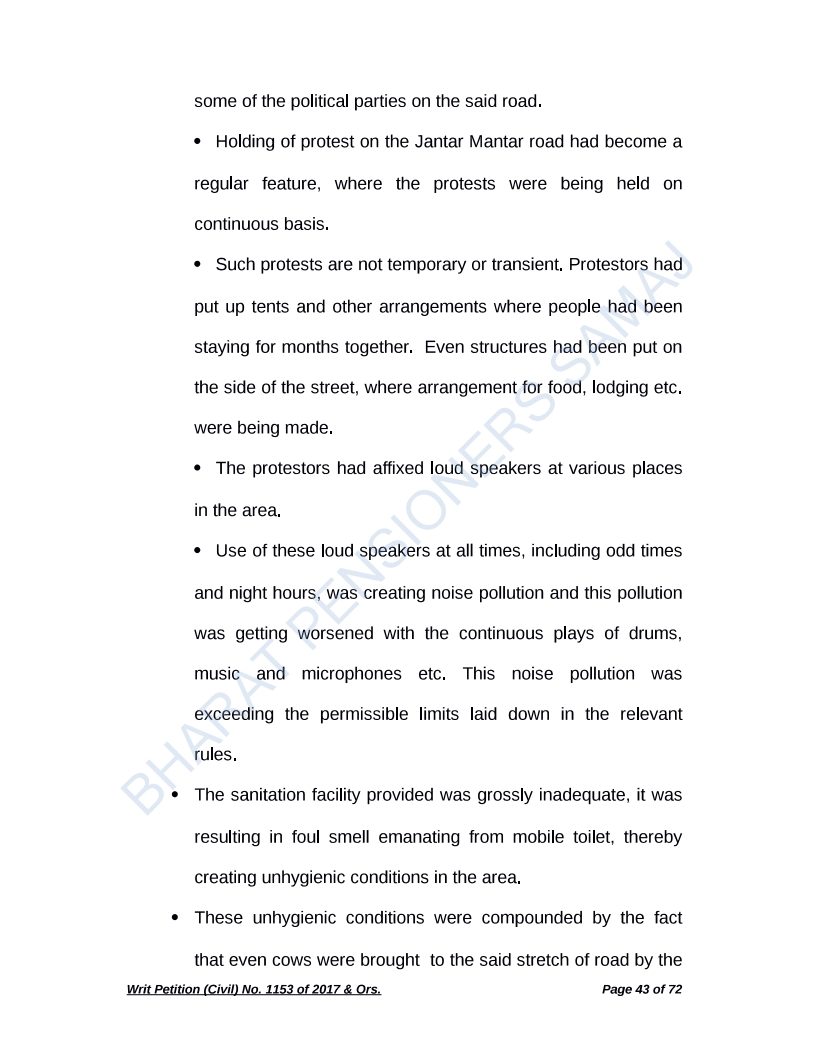
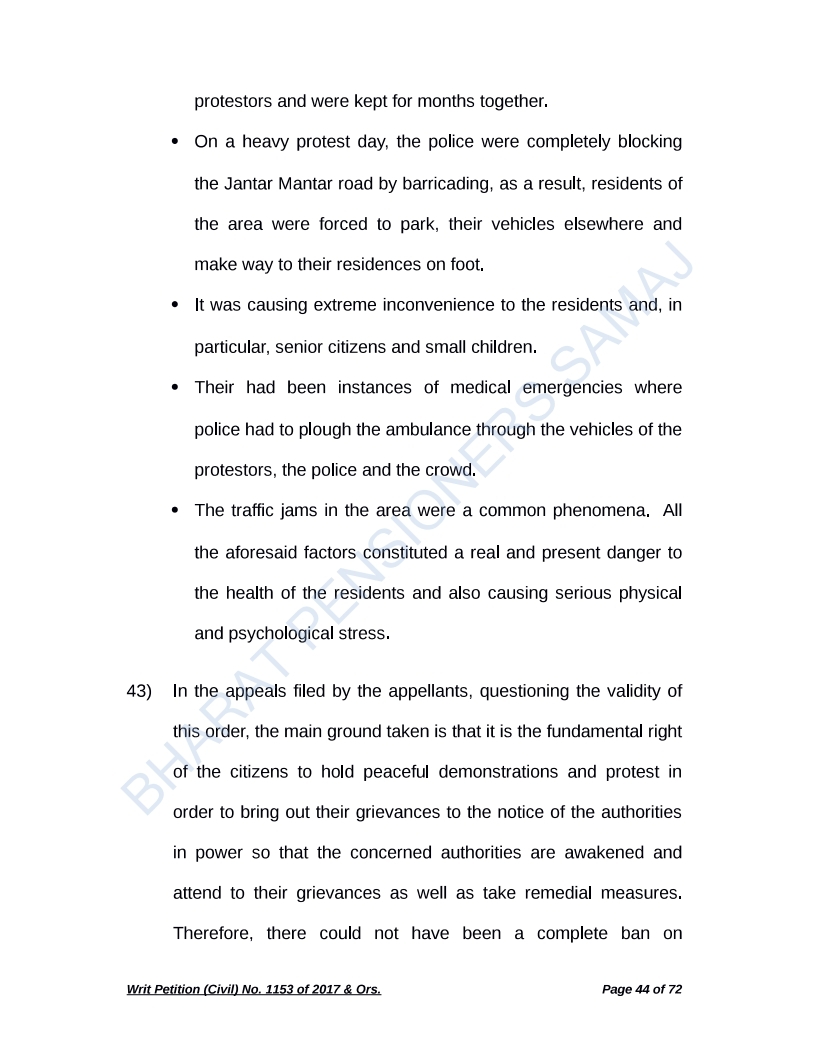
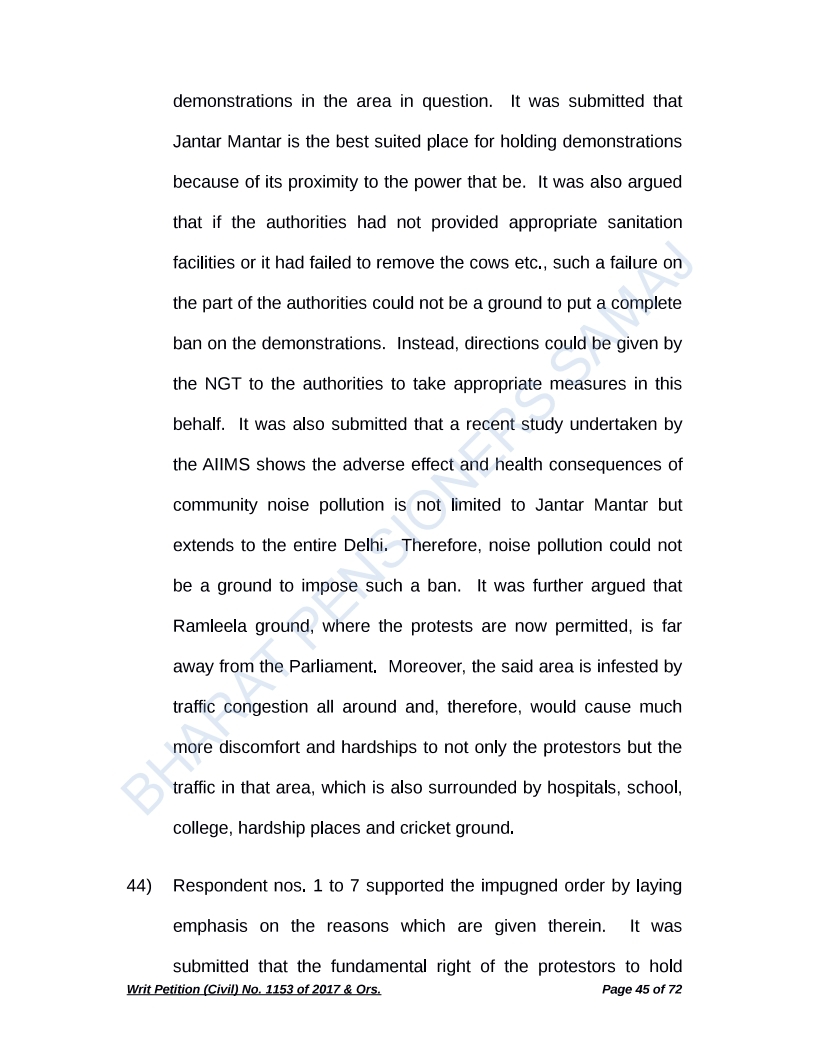
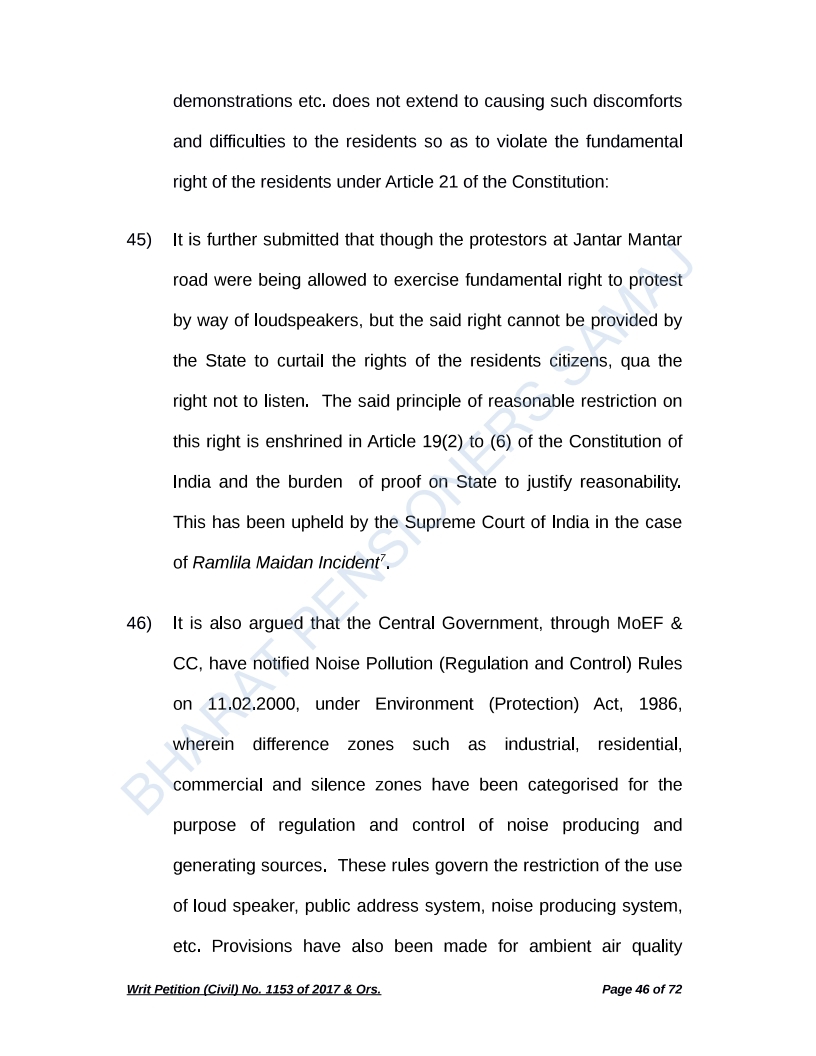
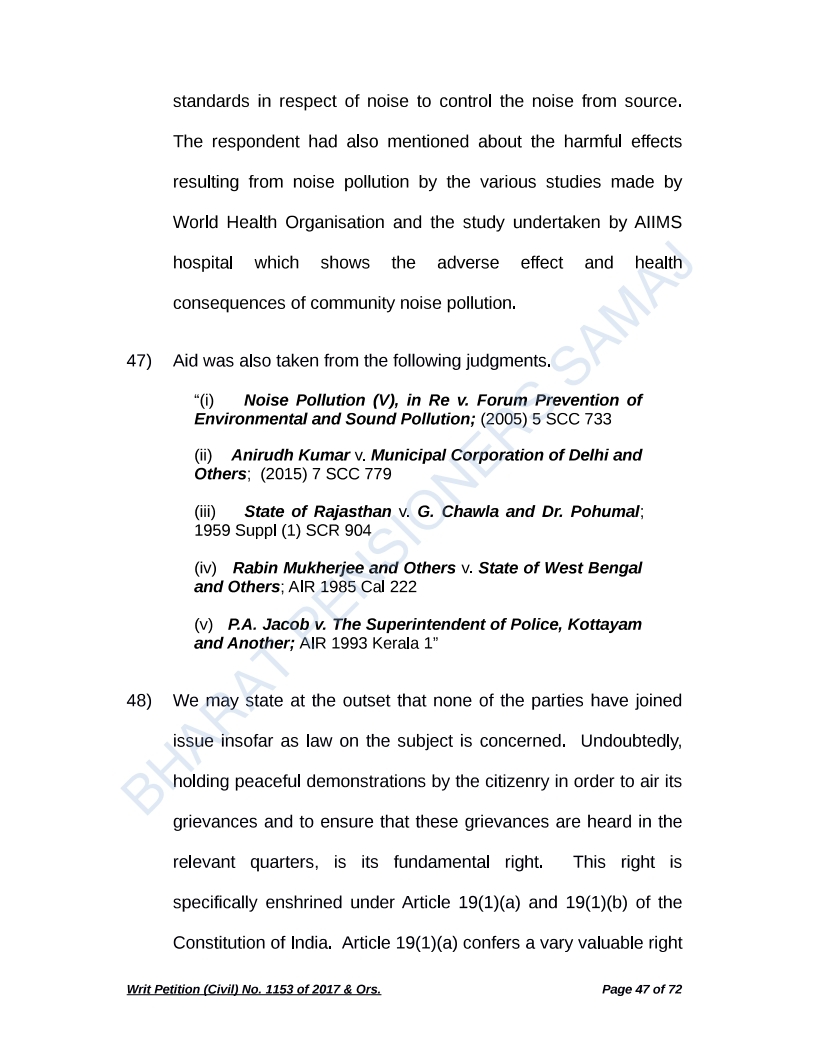
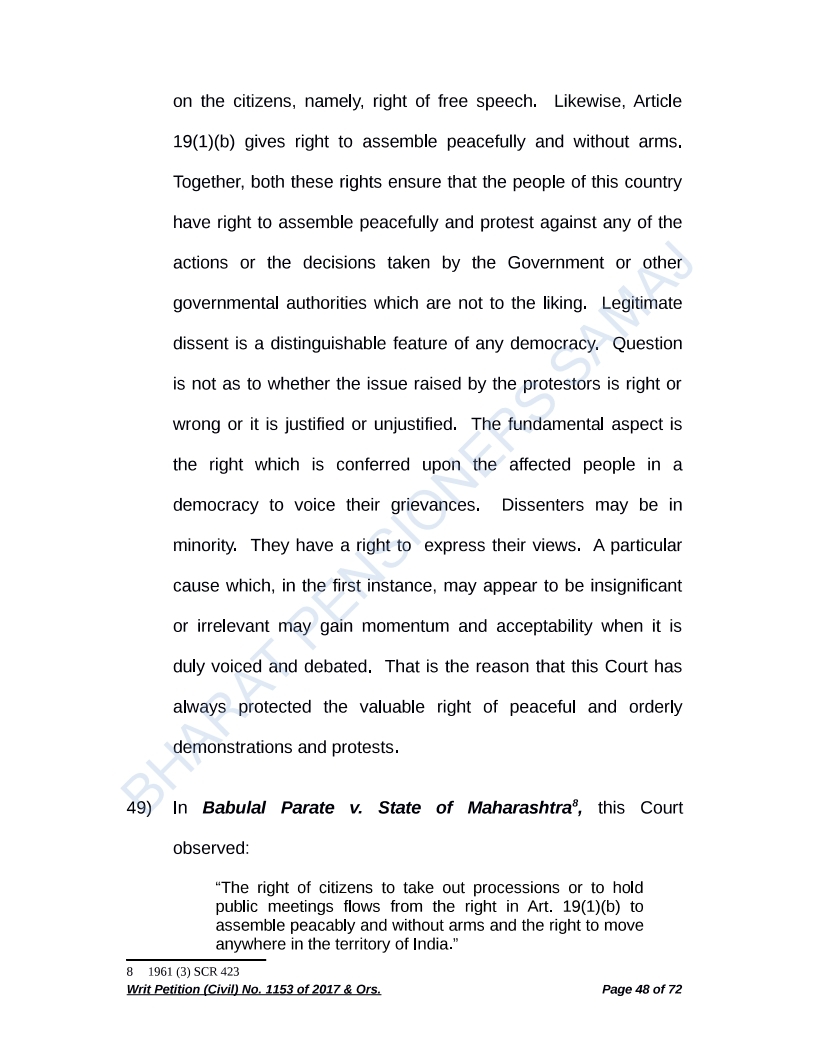
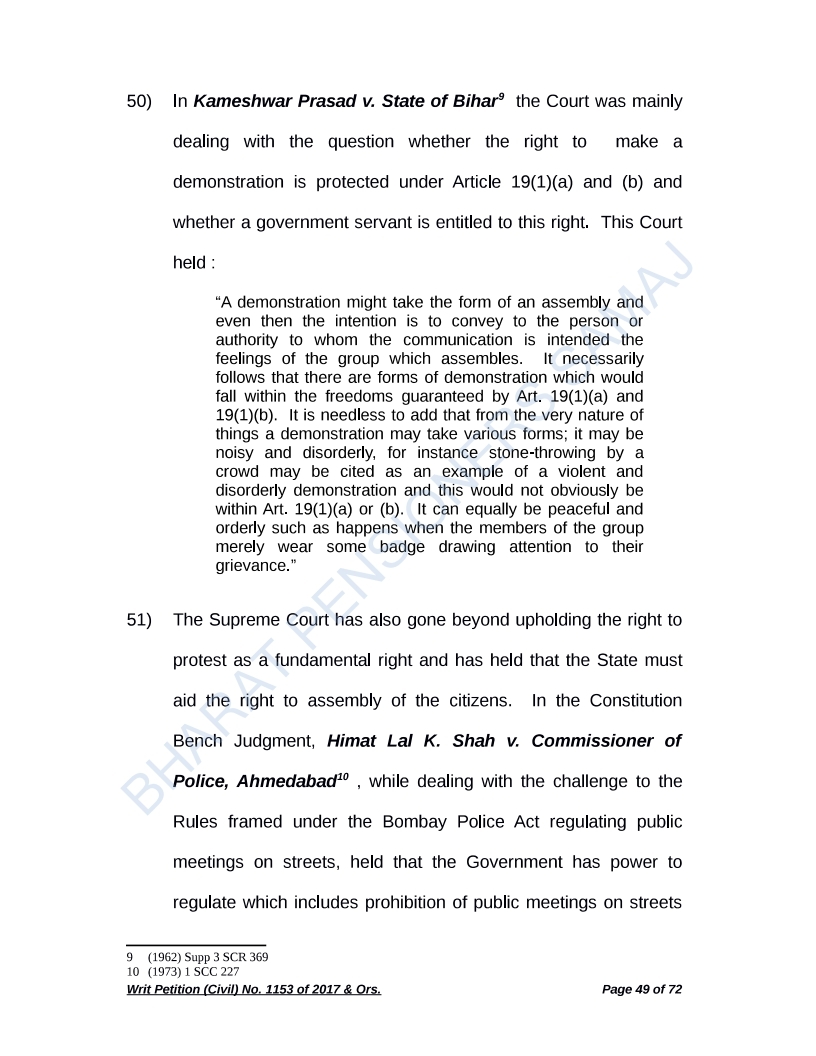
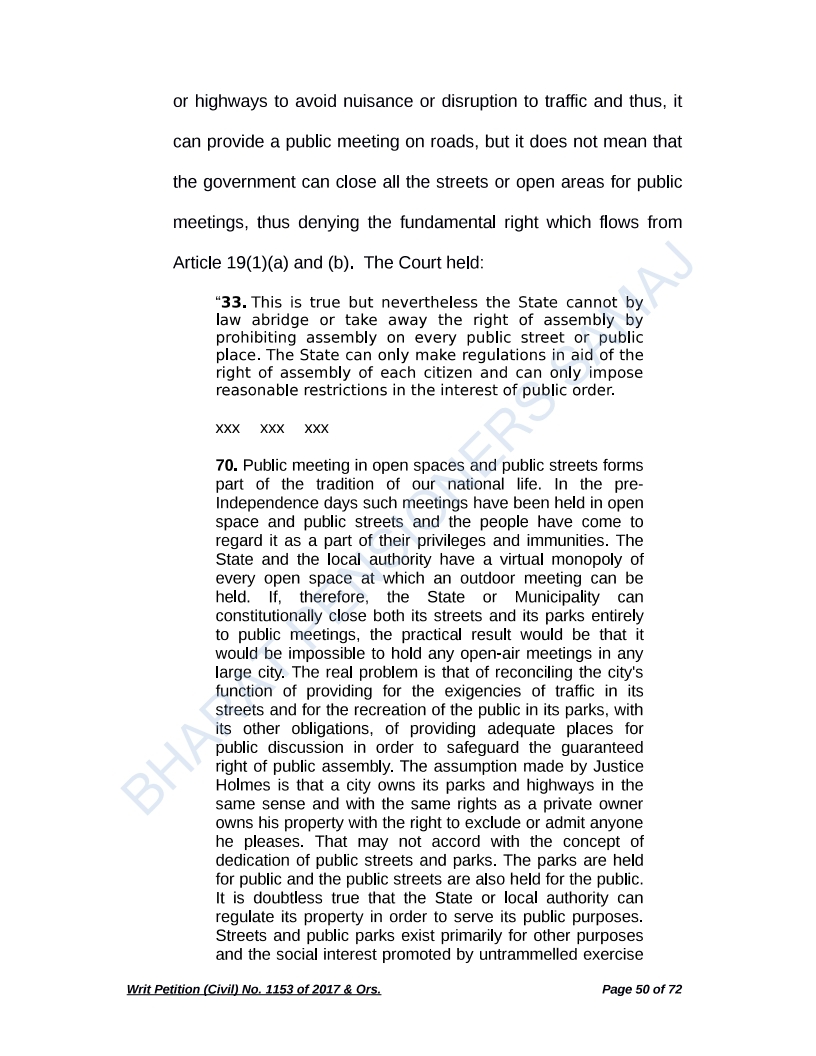
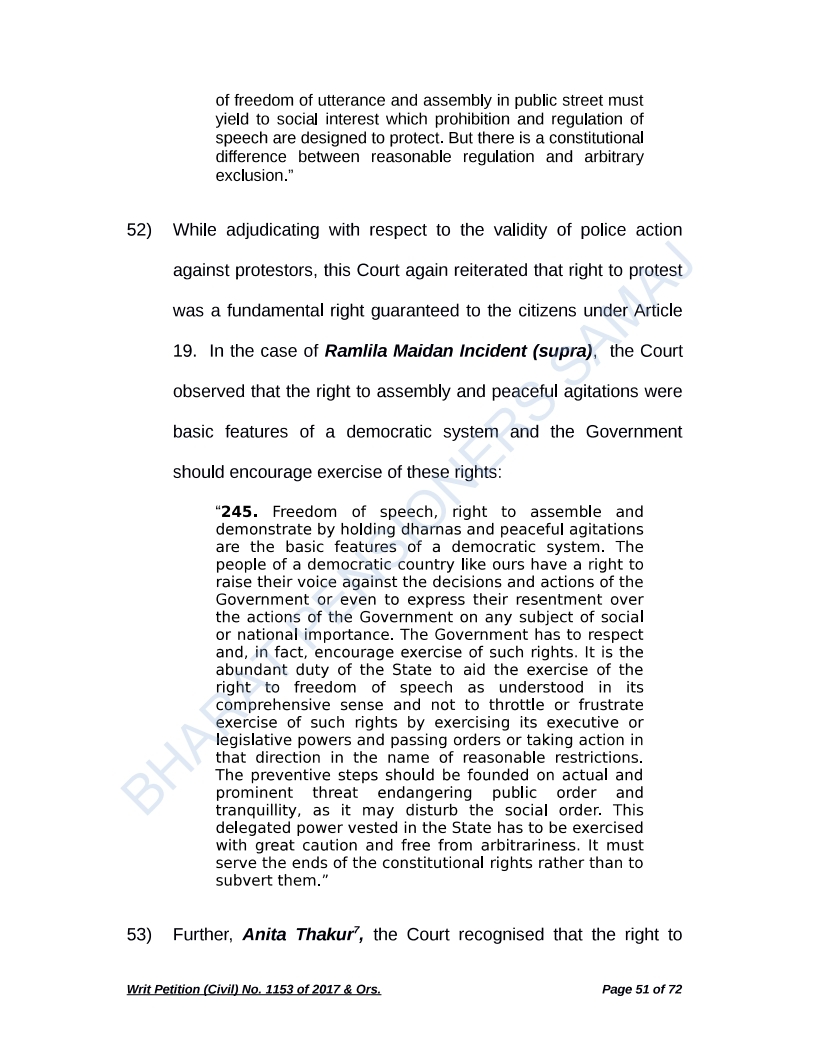
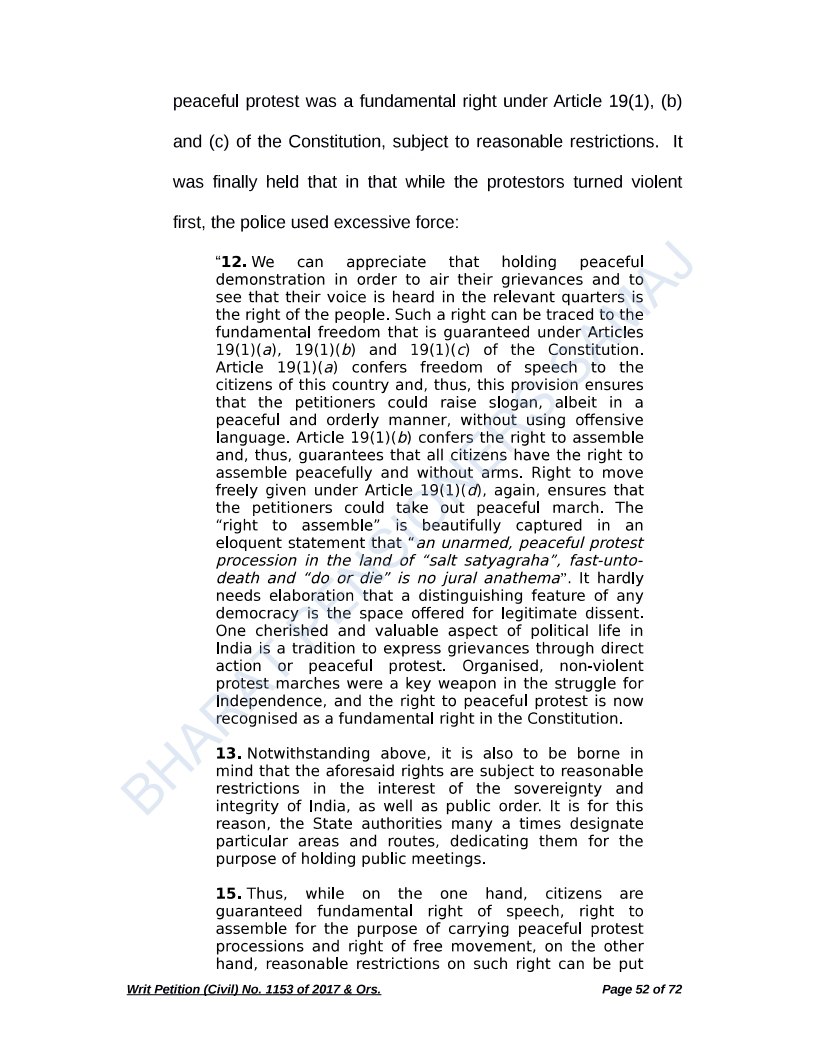
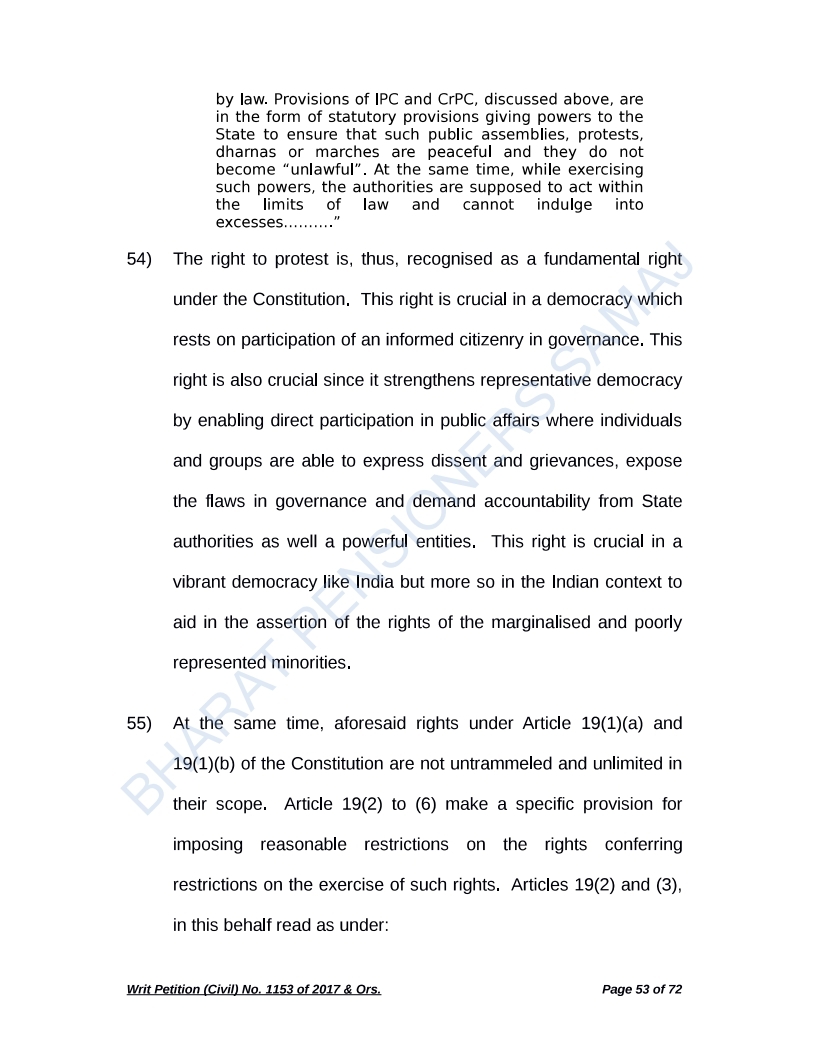
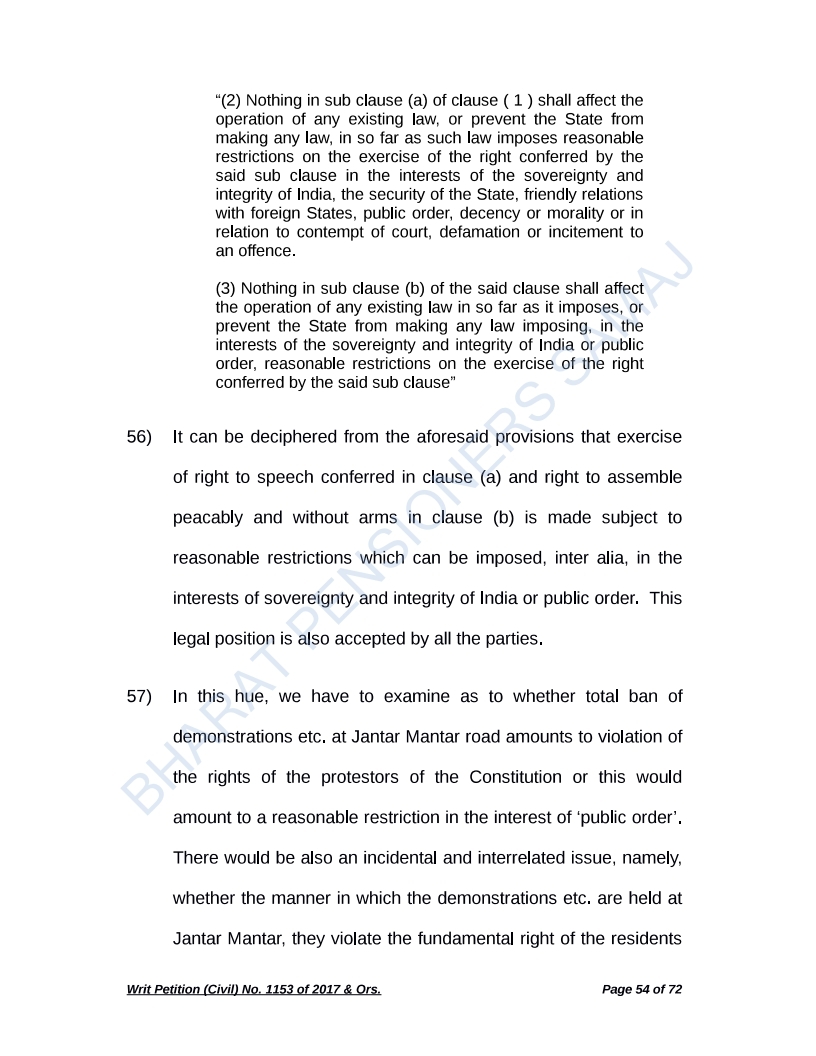
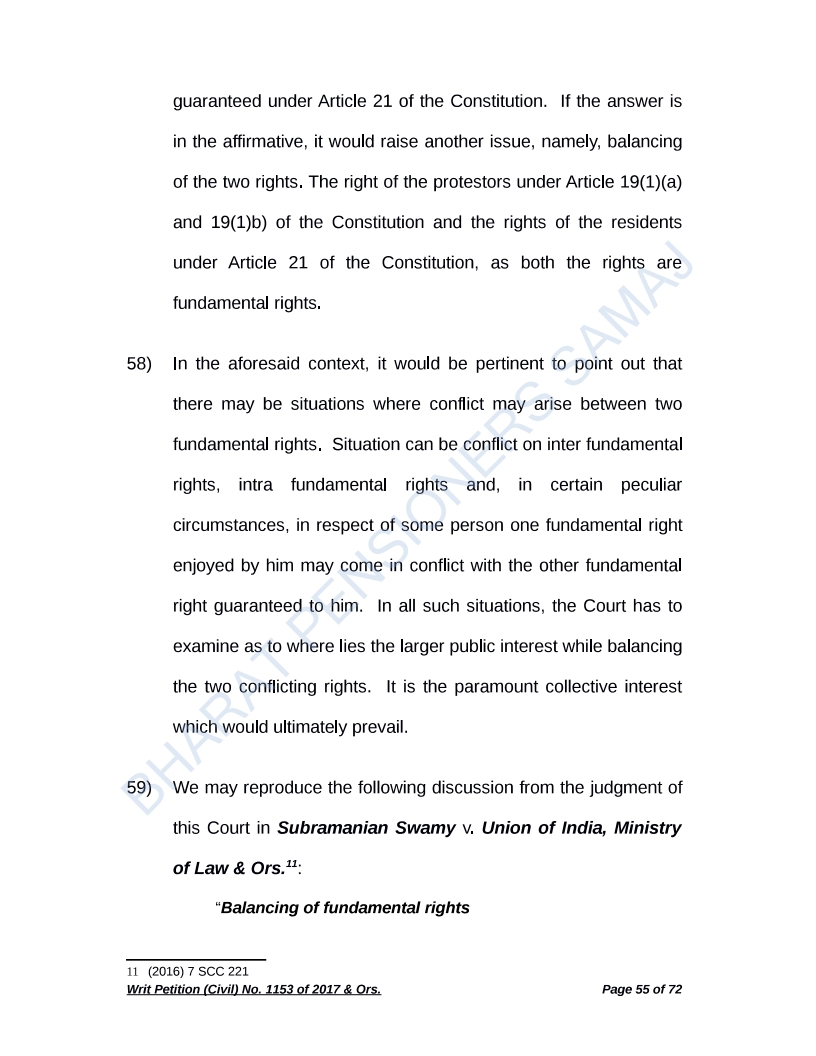
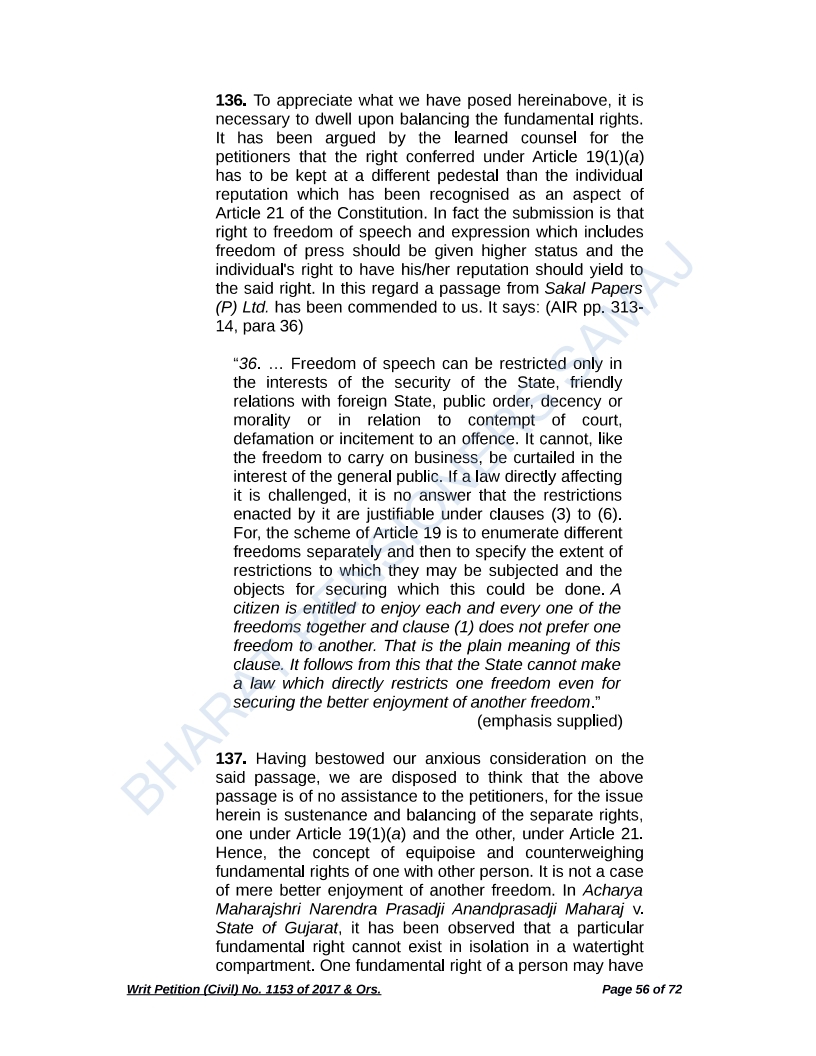
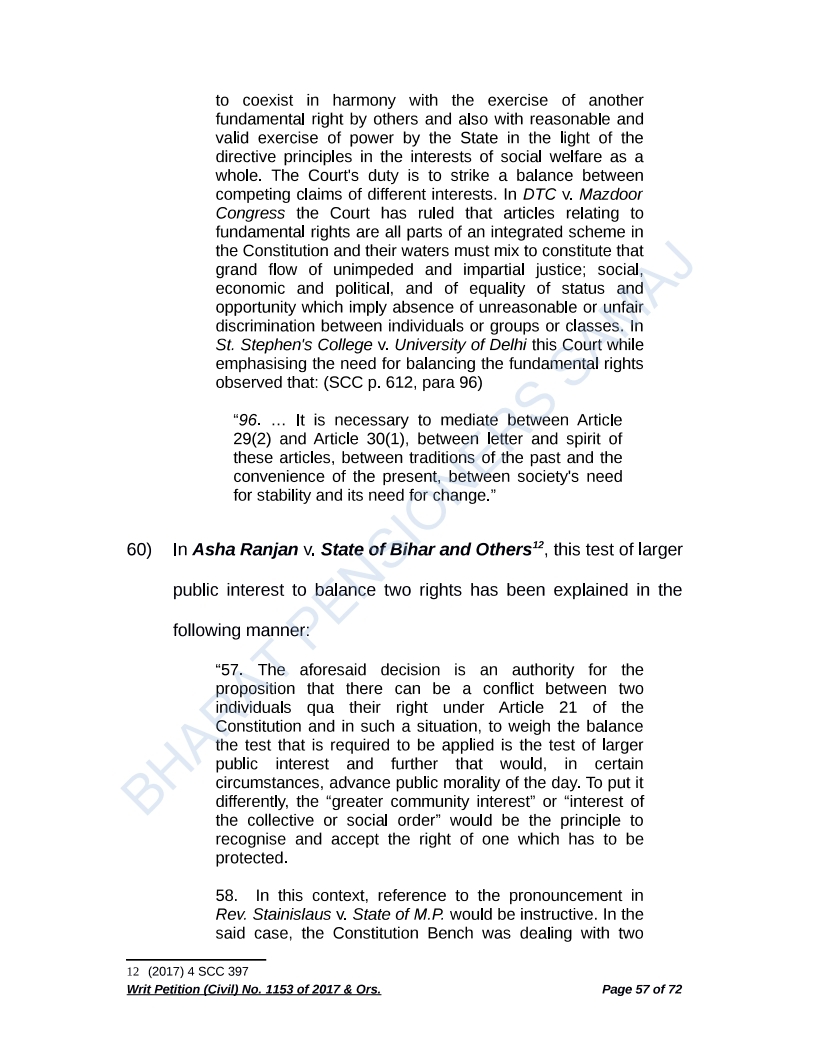
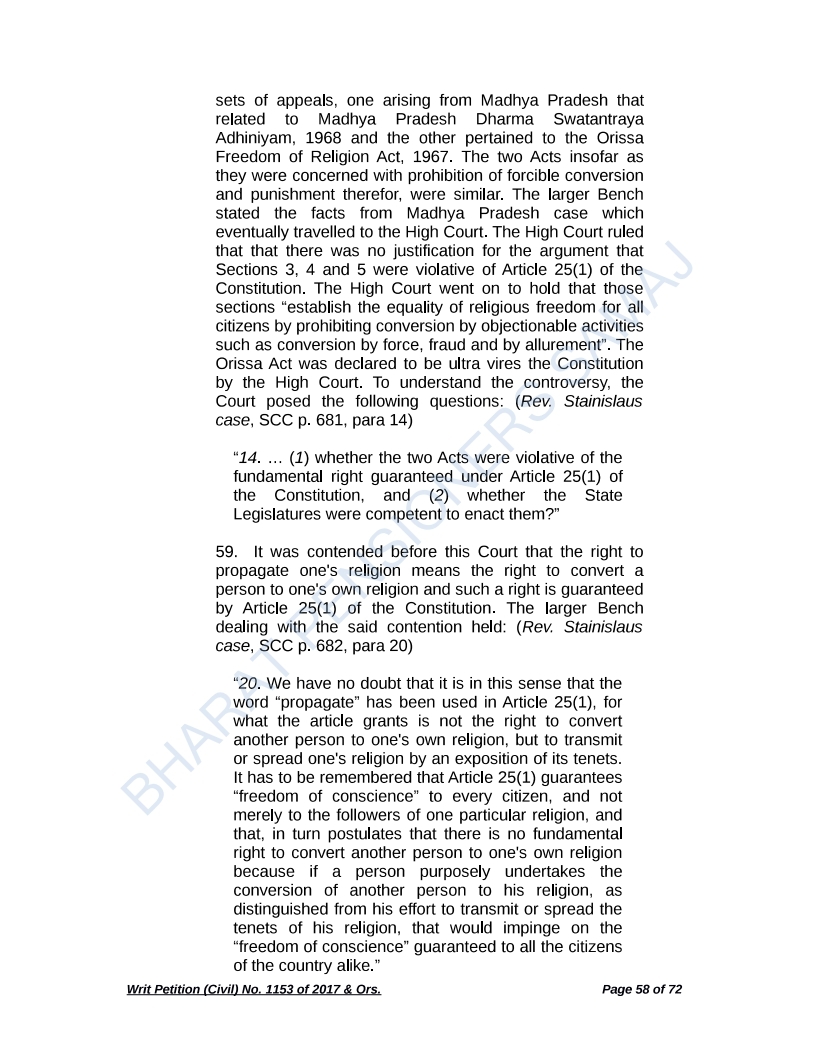
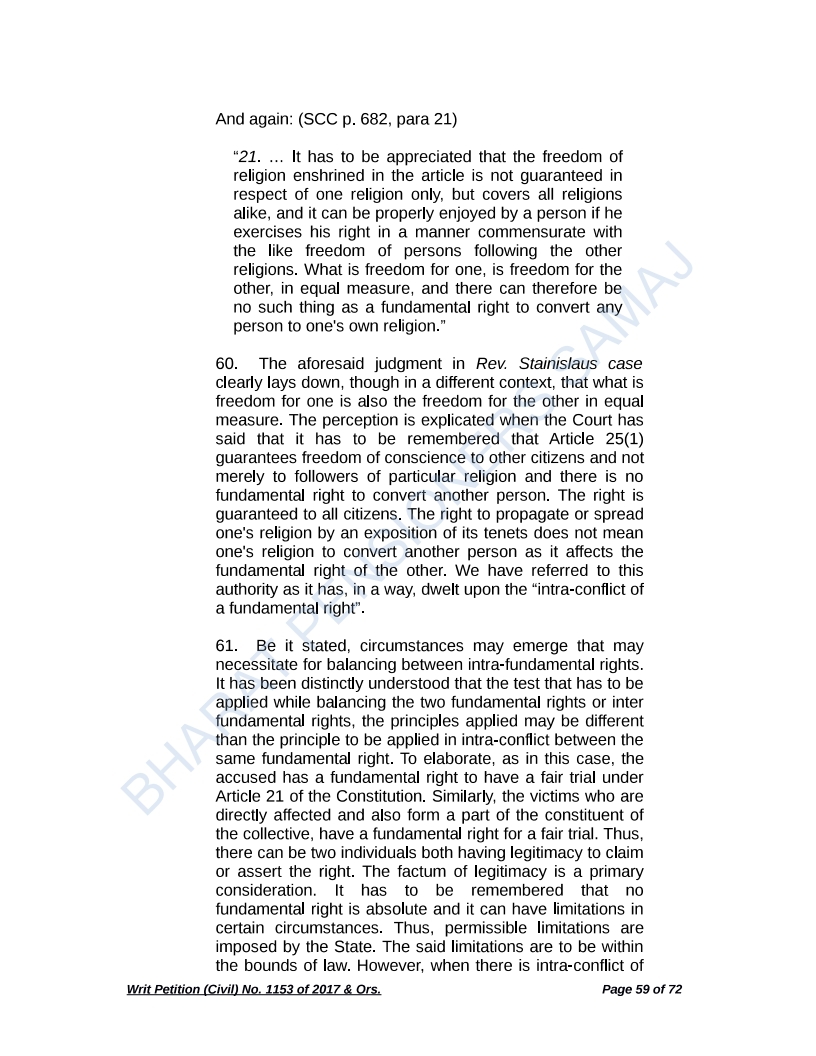
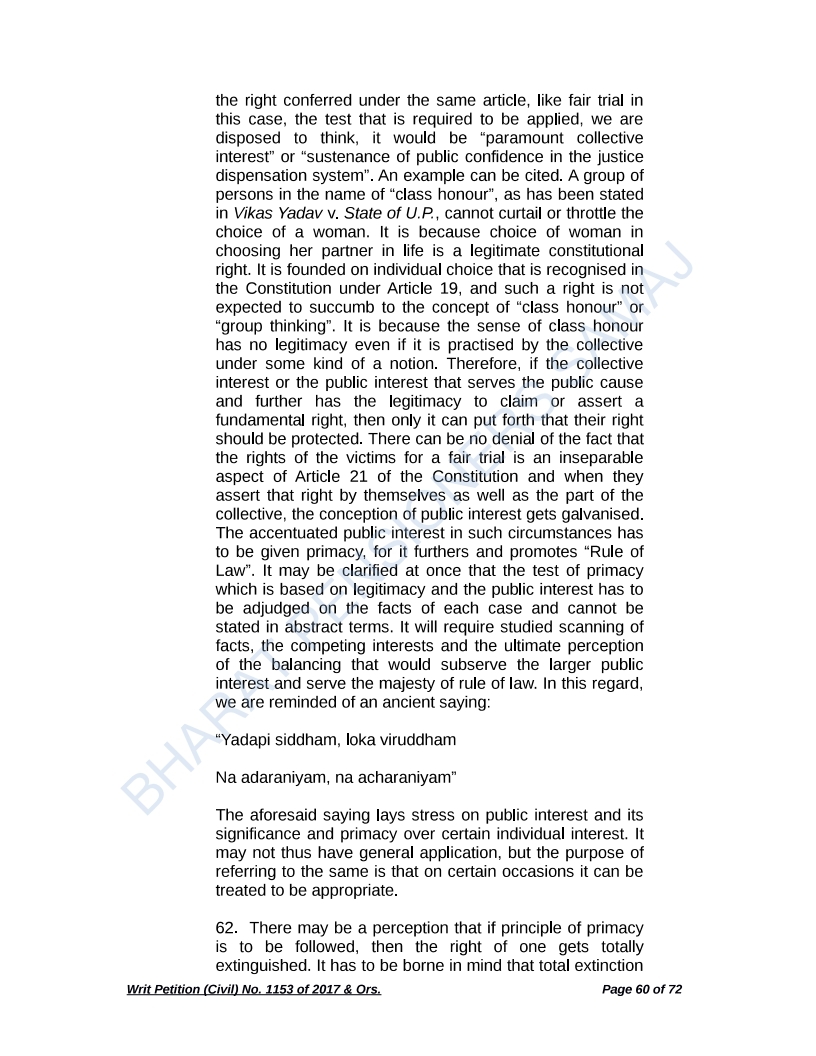
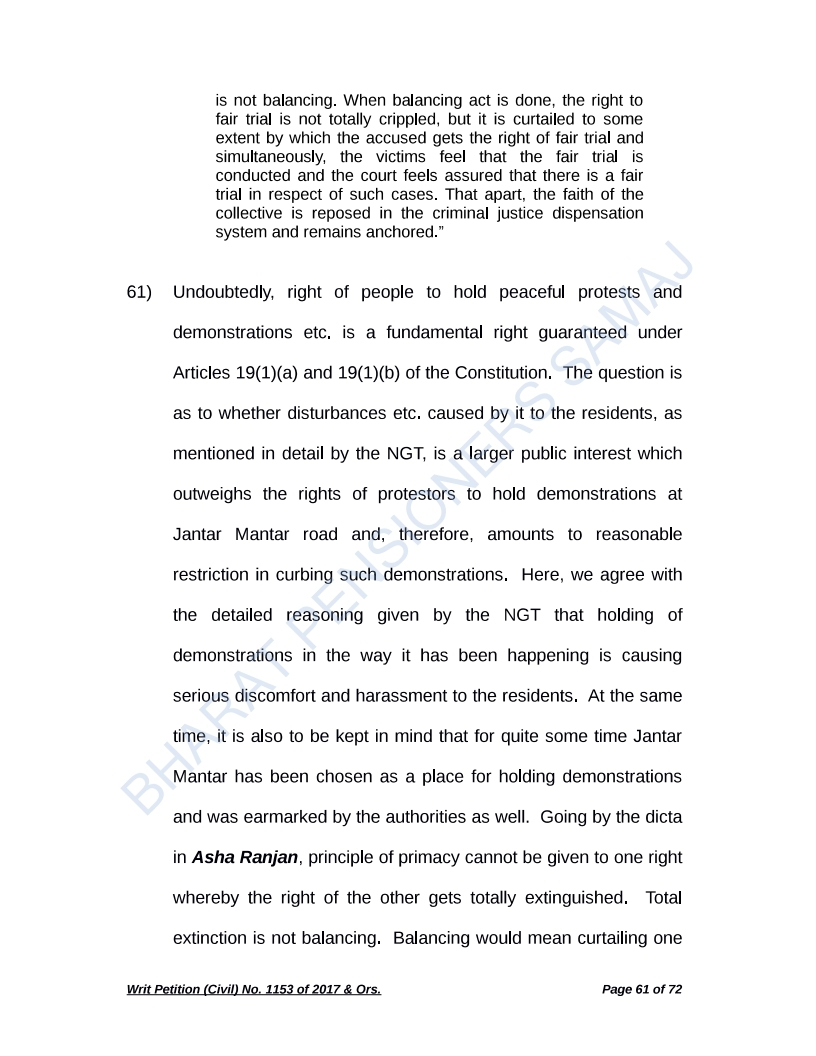
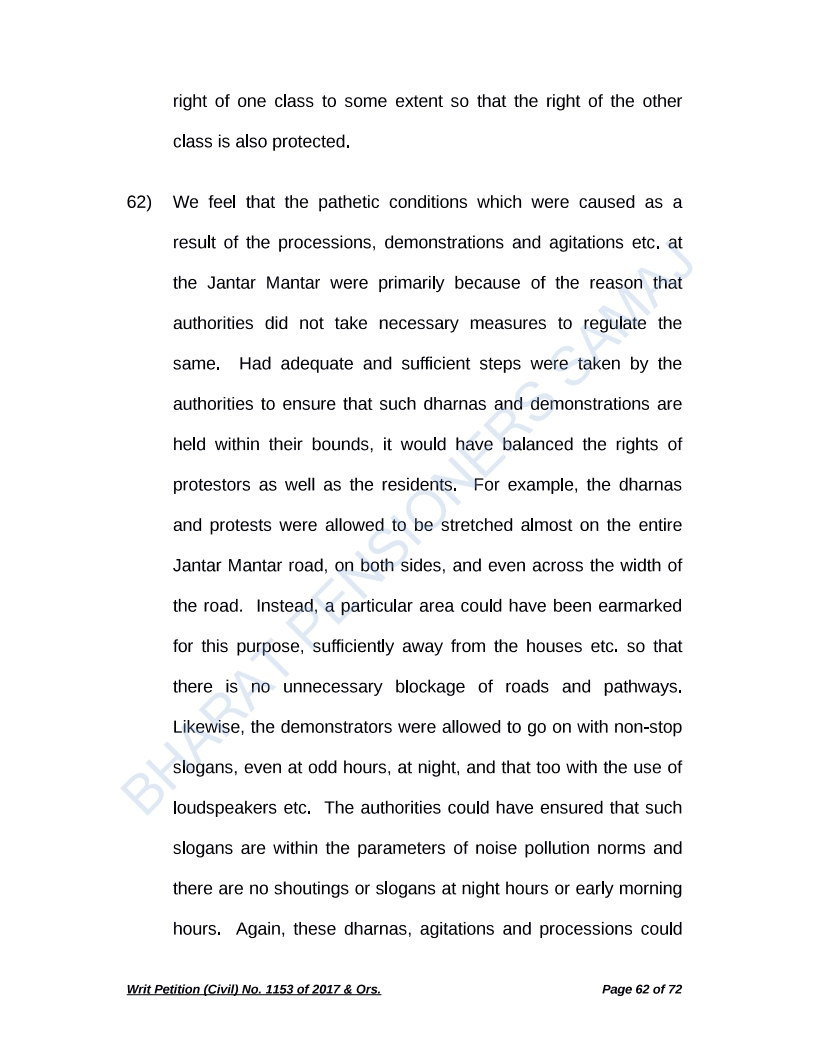
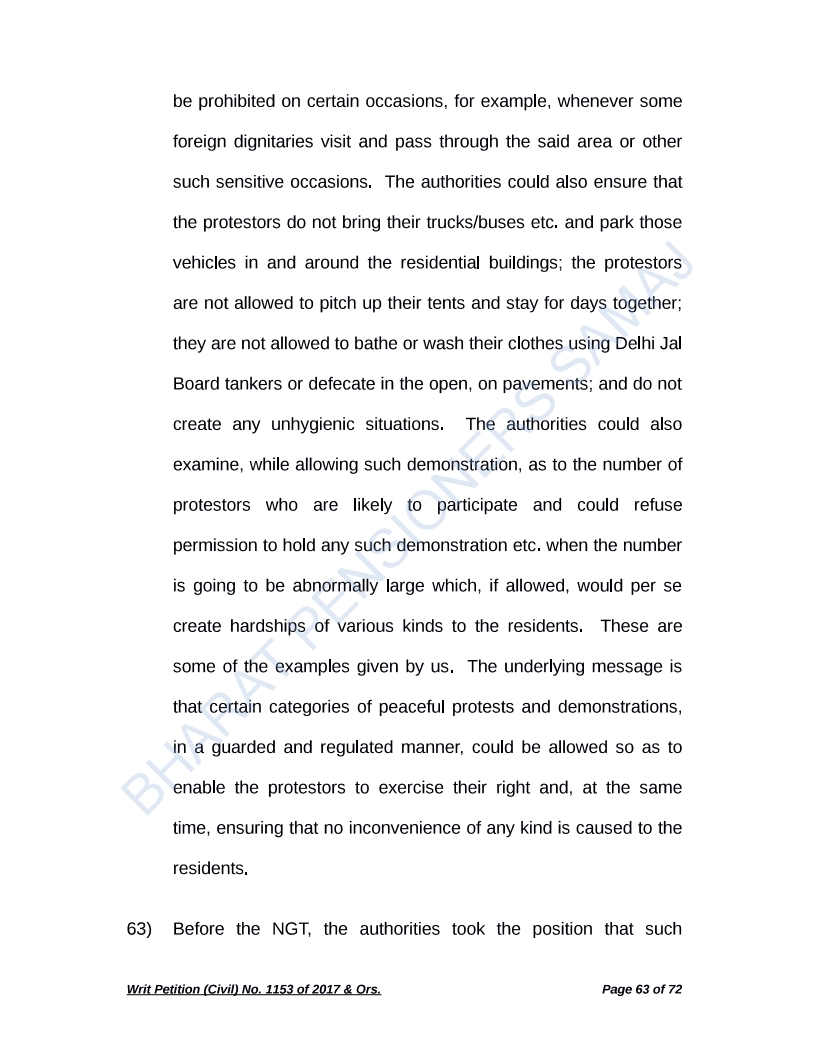
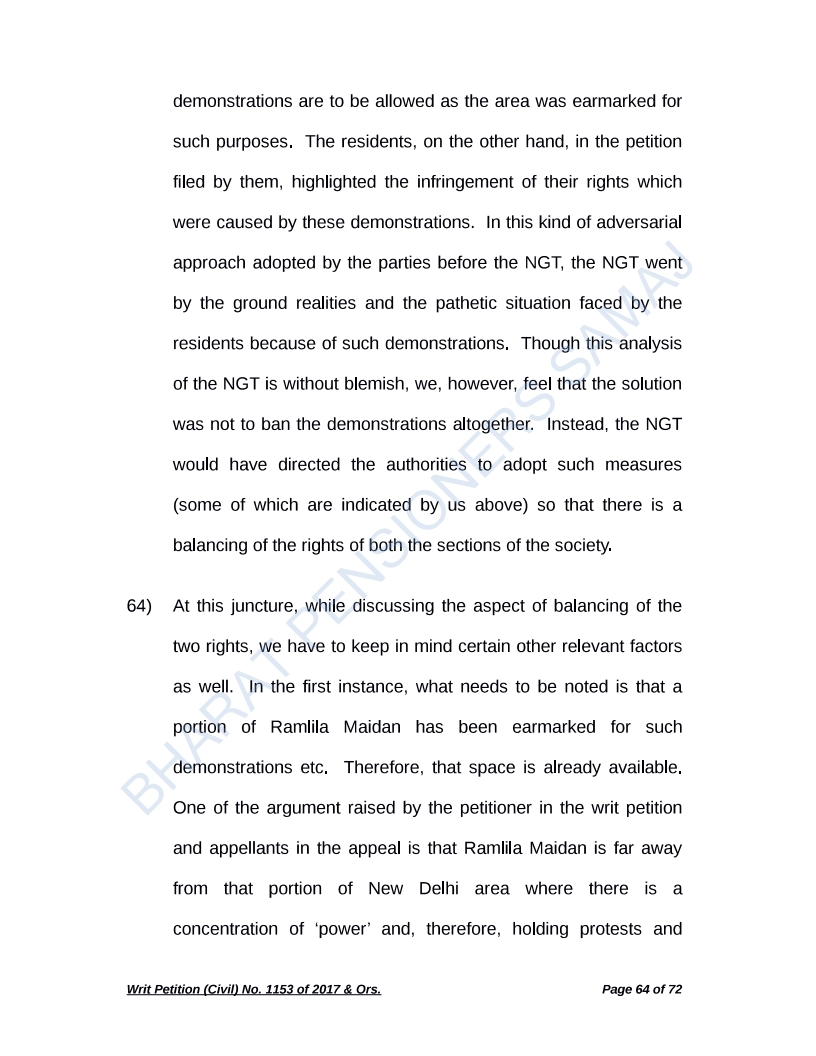
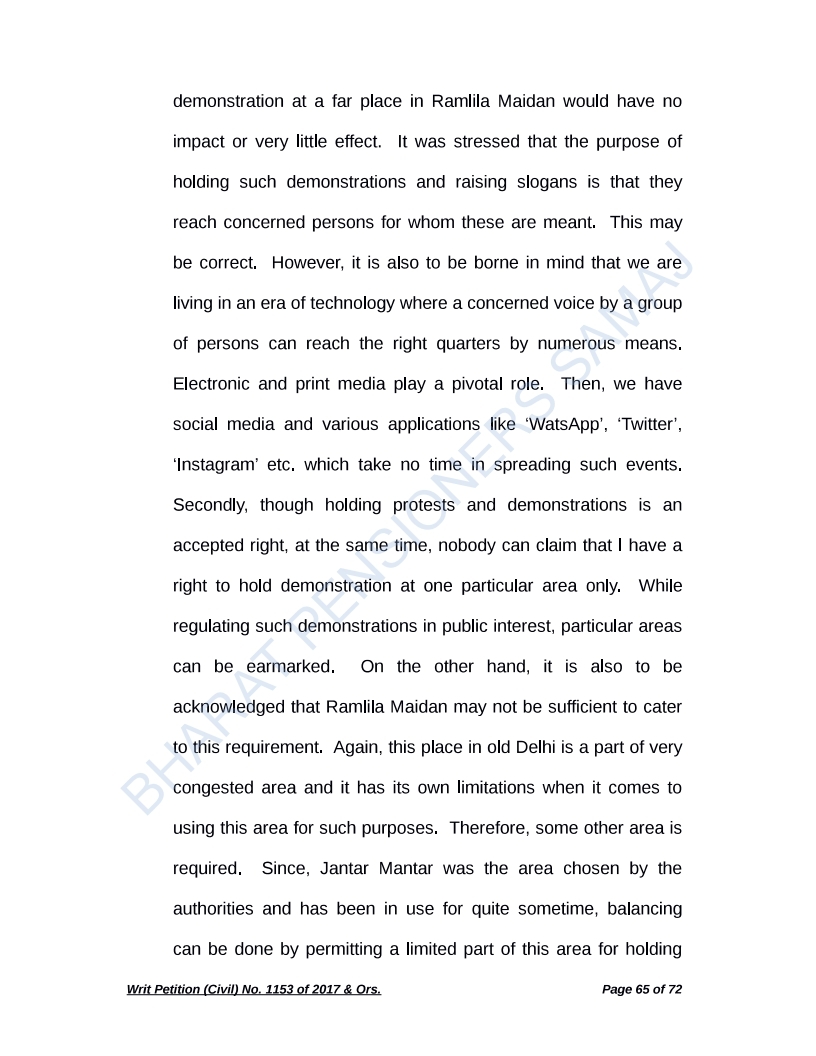
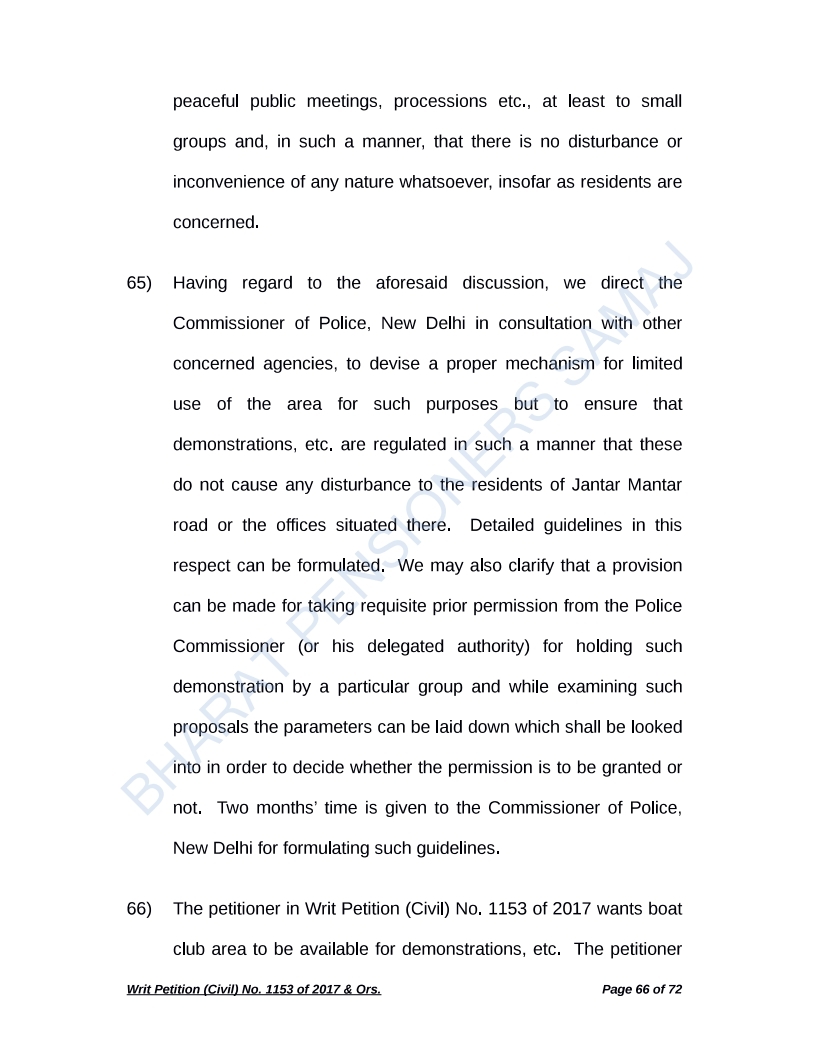
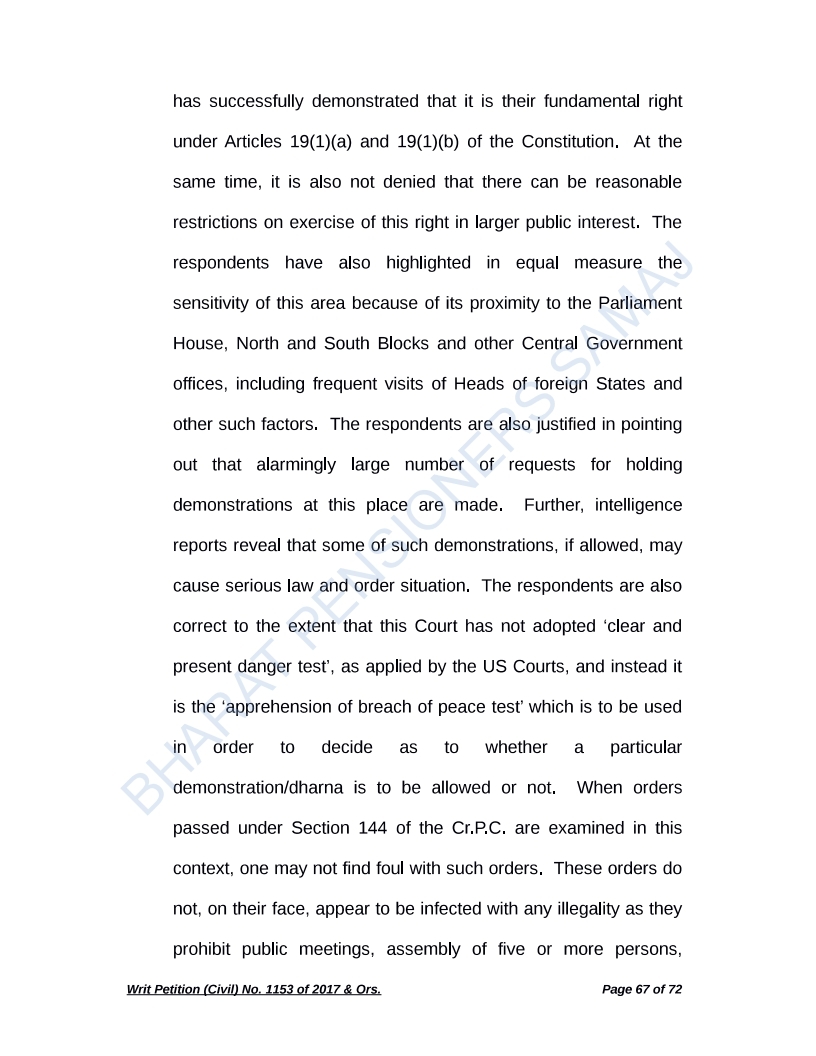
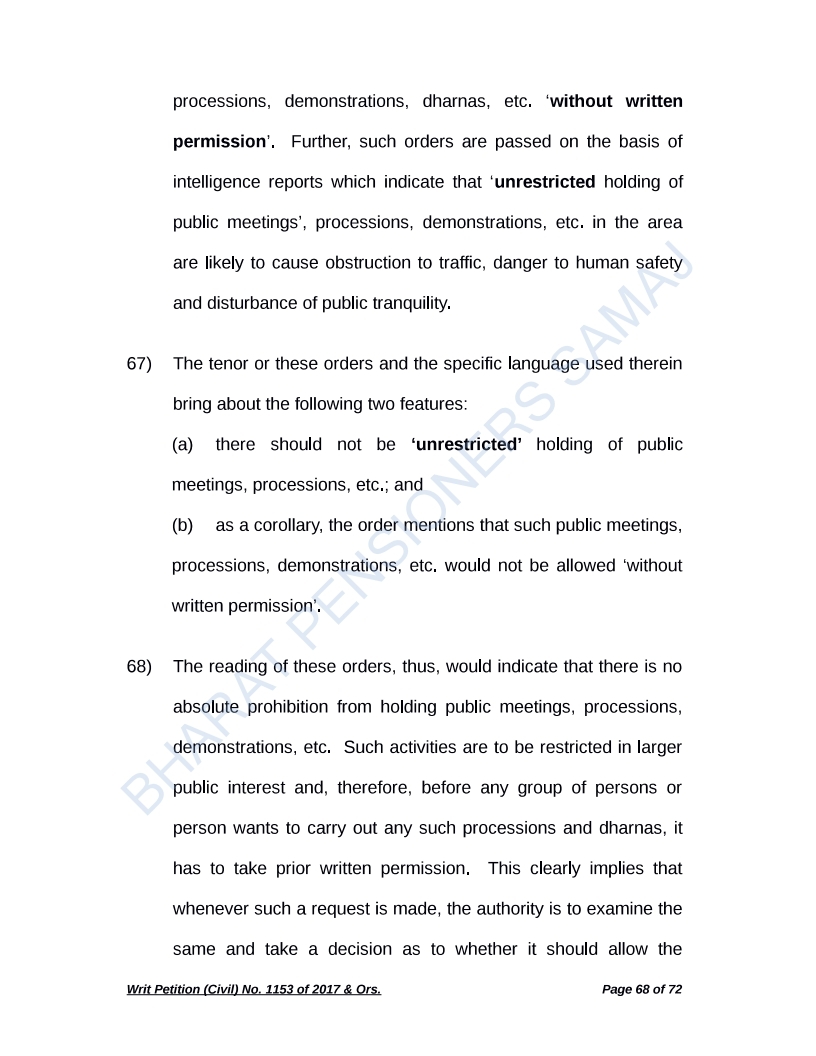
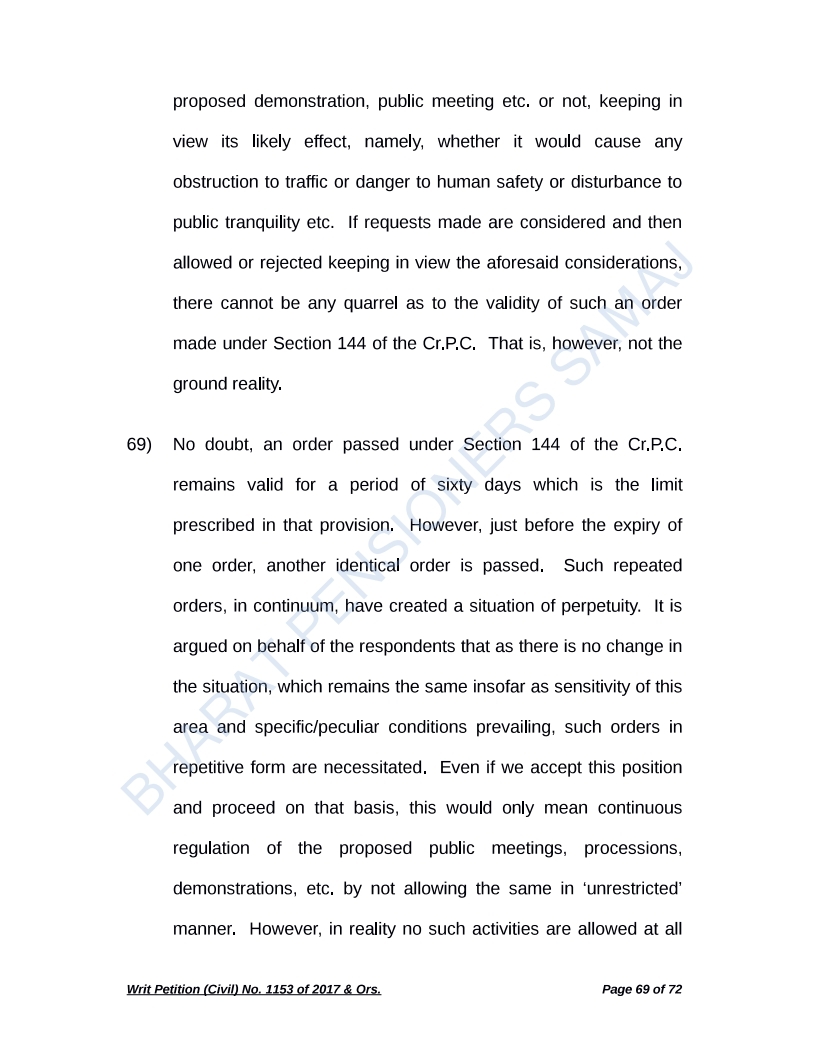
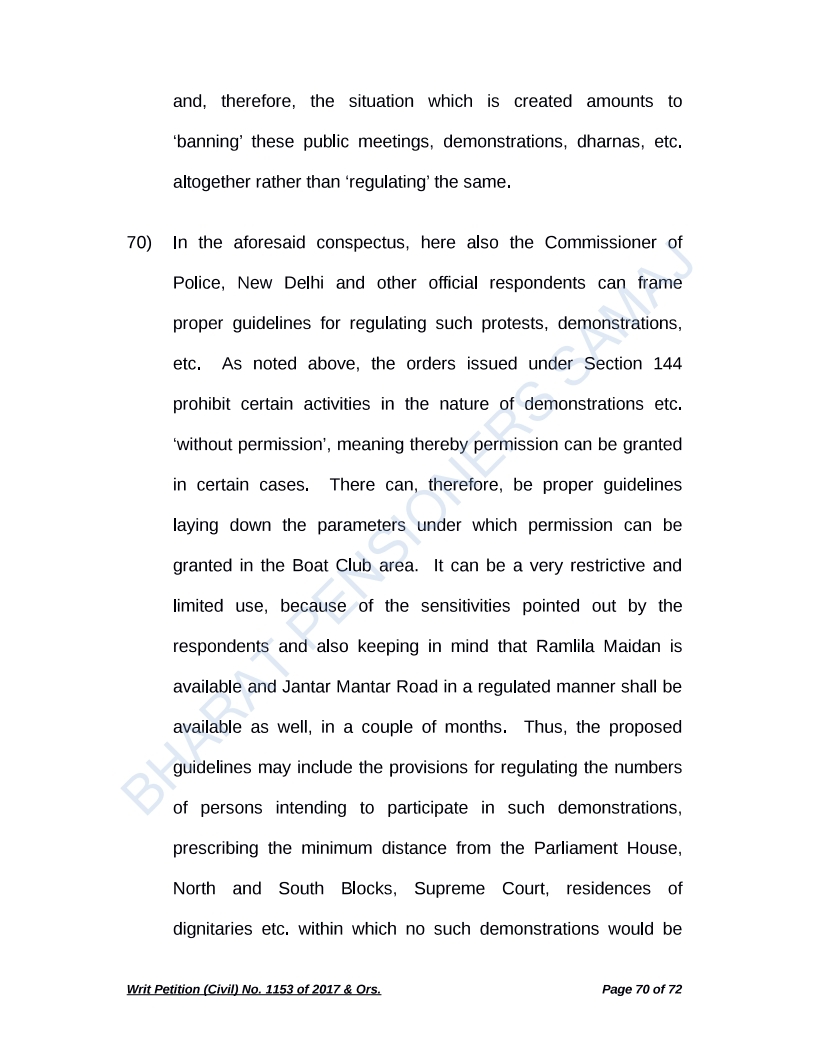
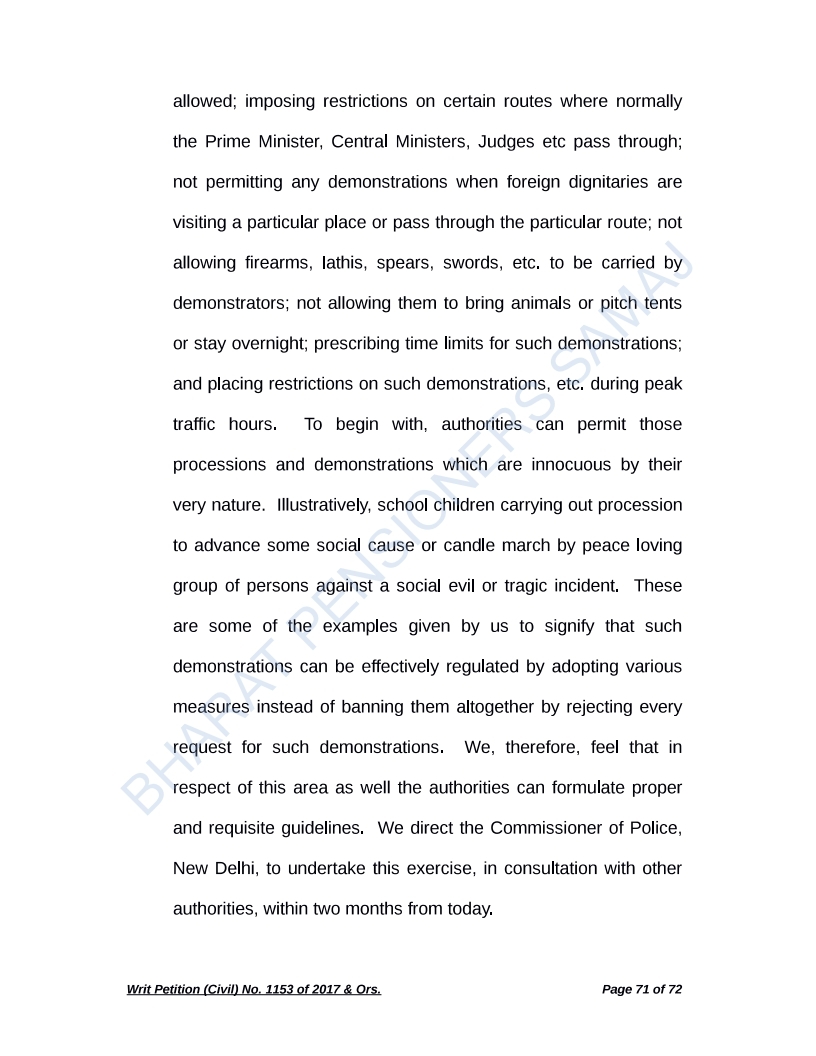
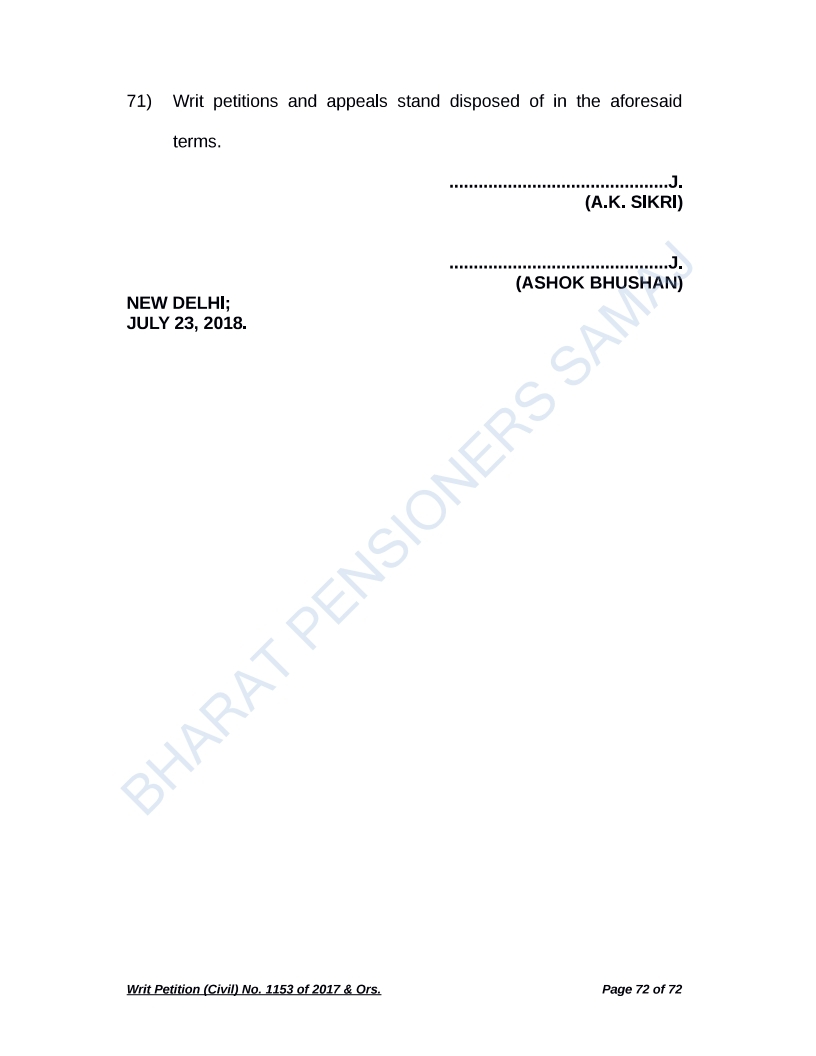

Comments